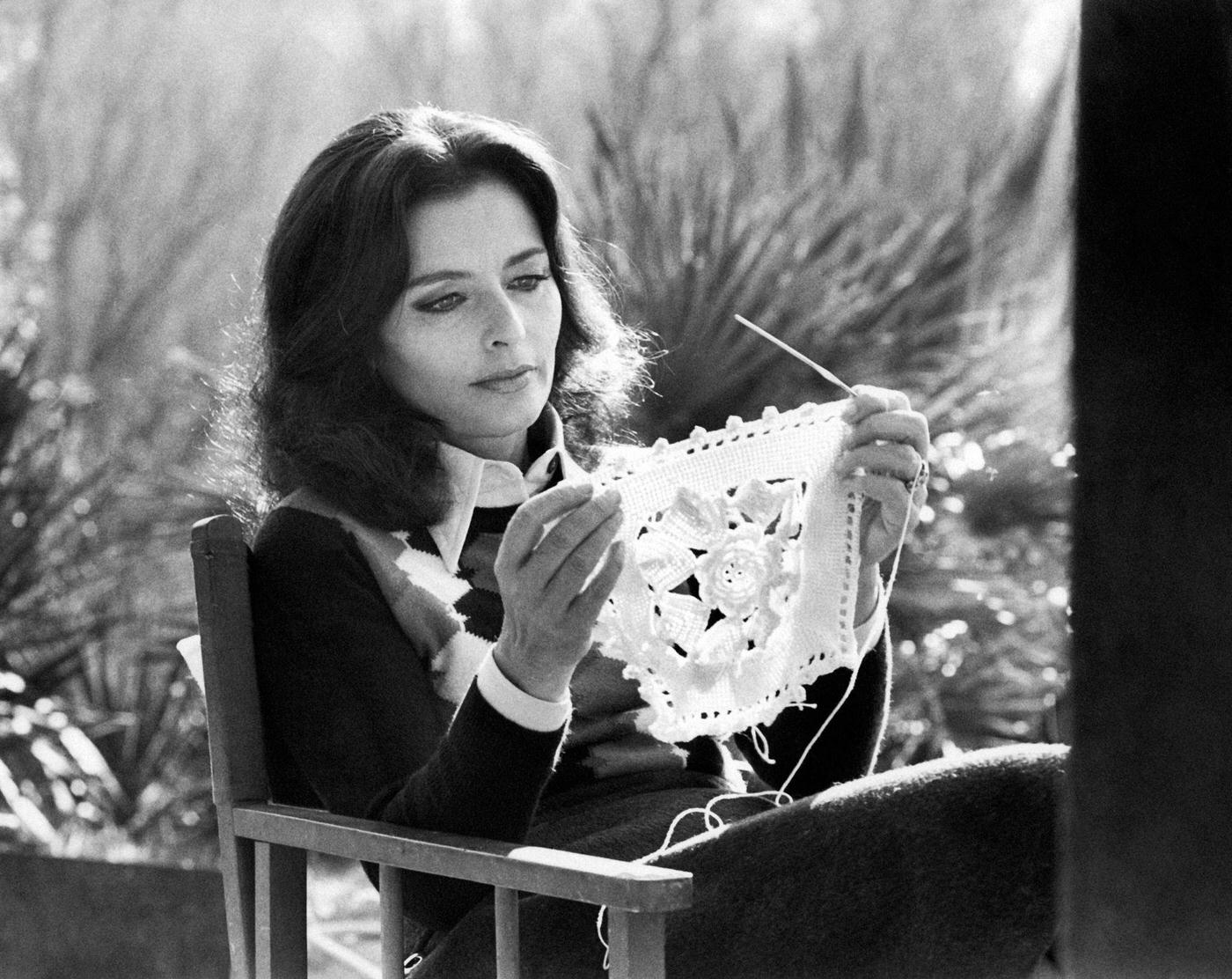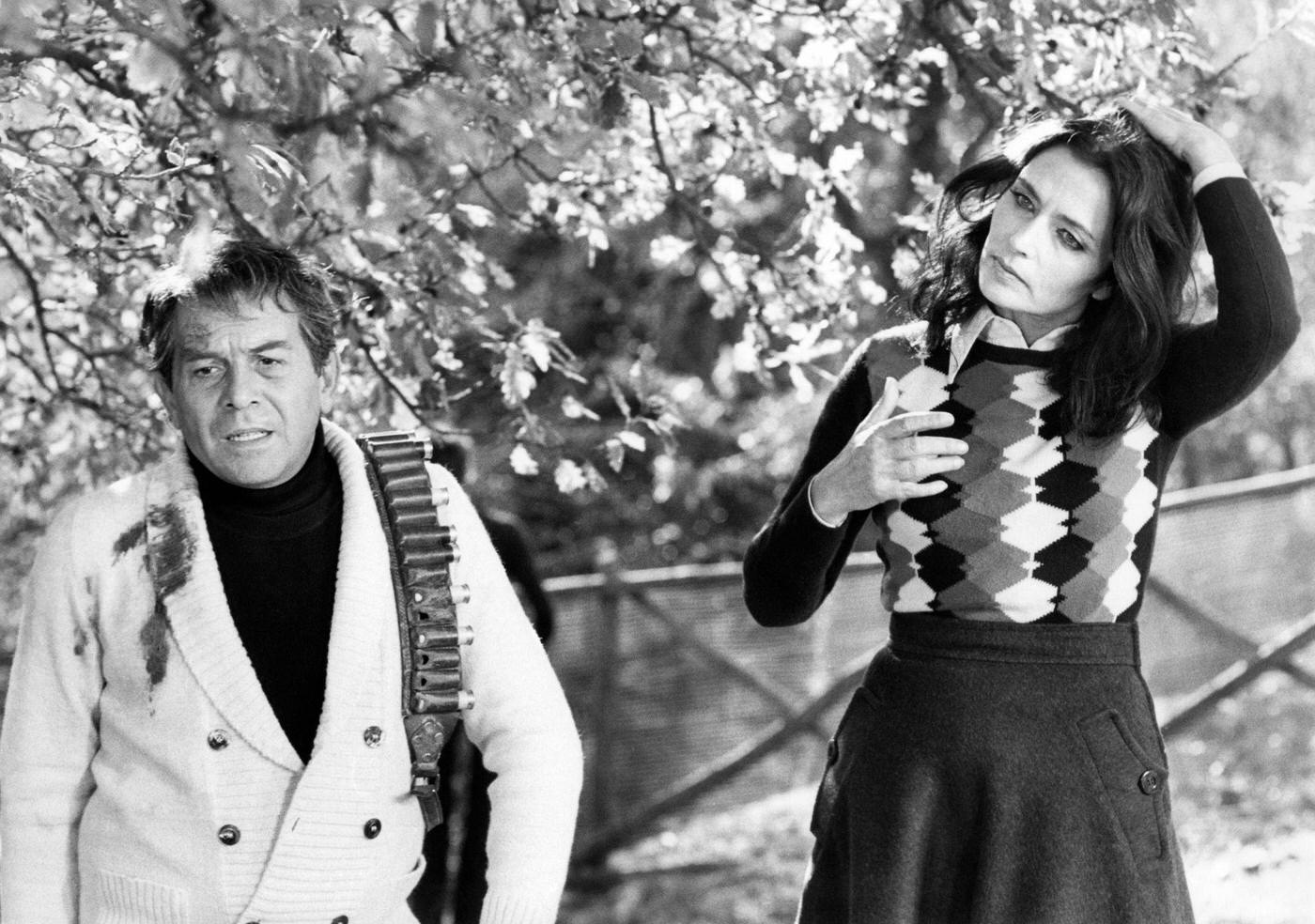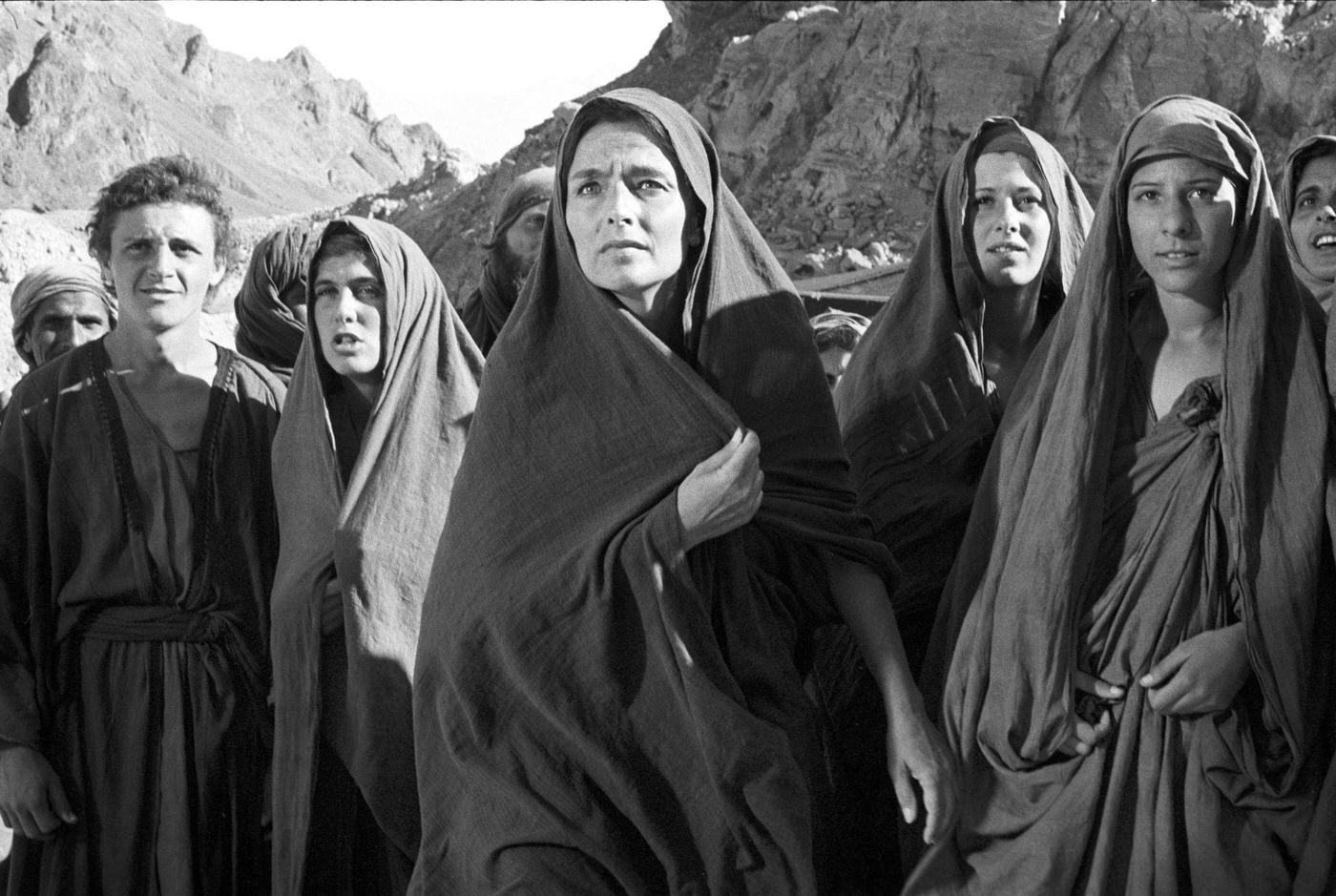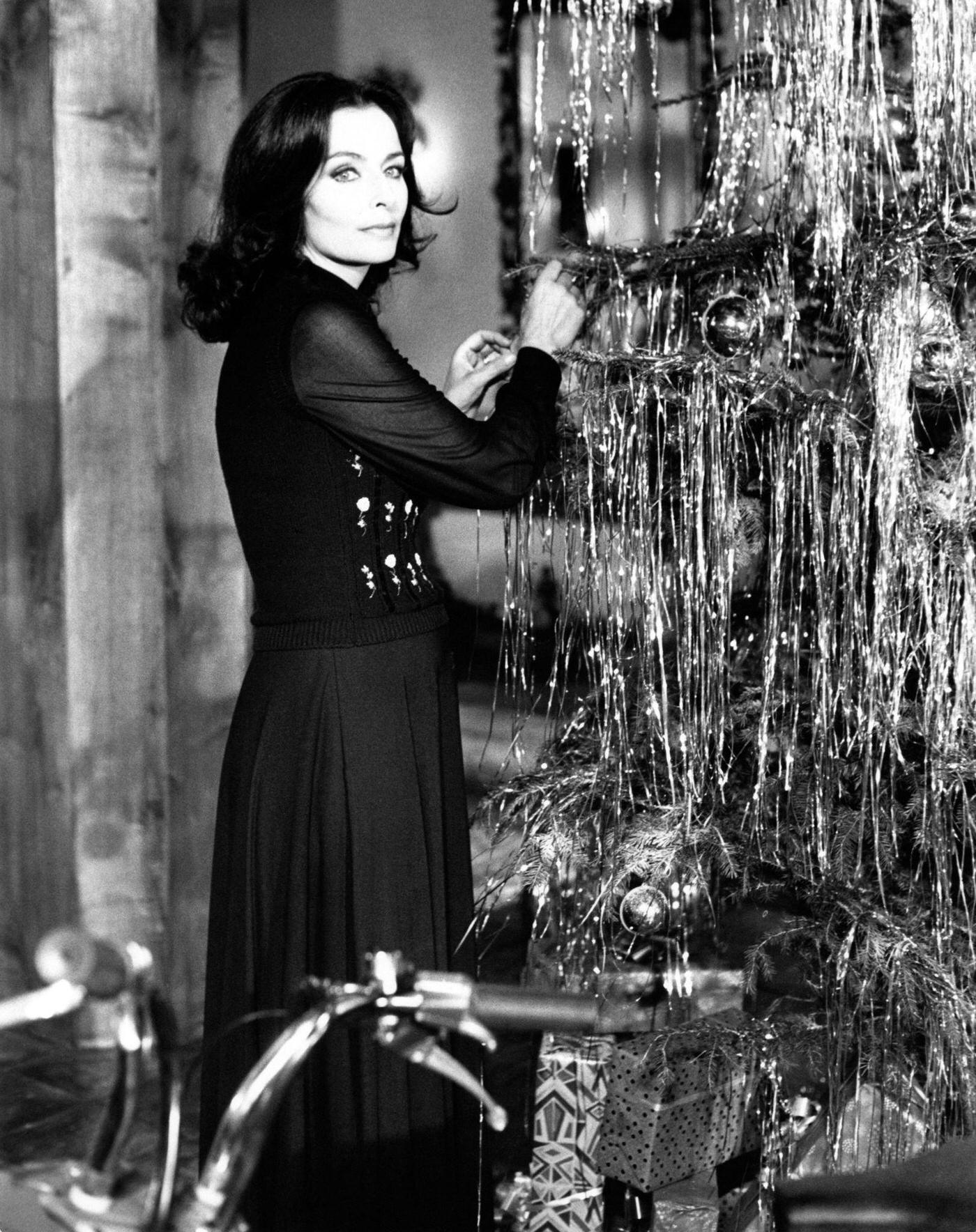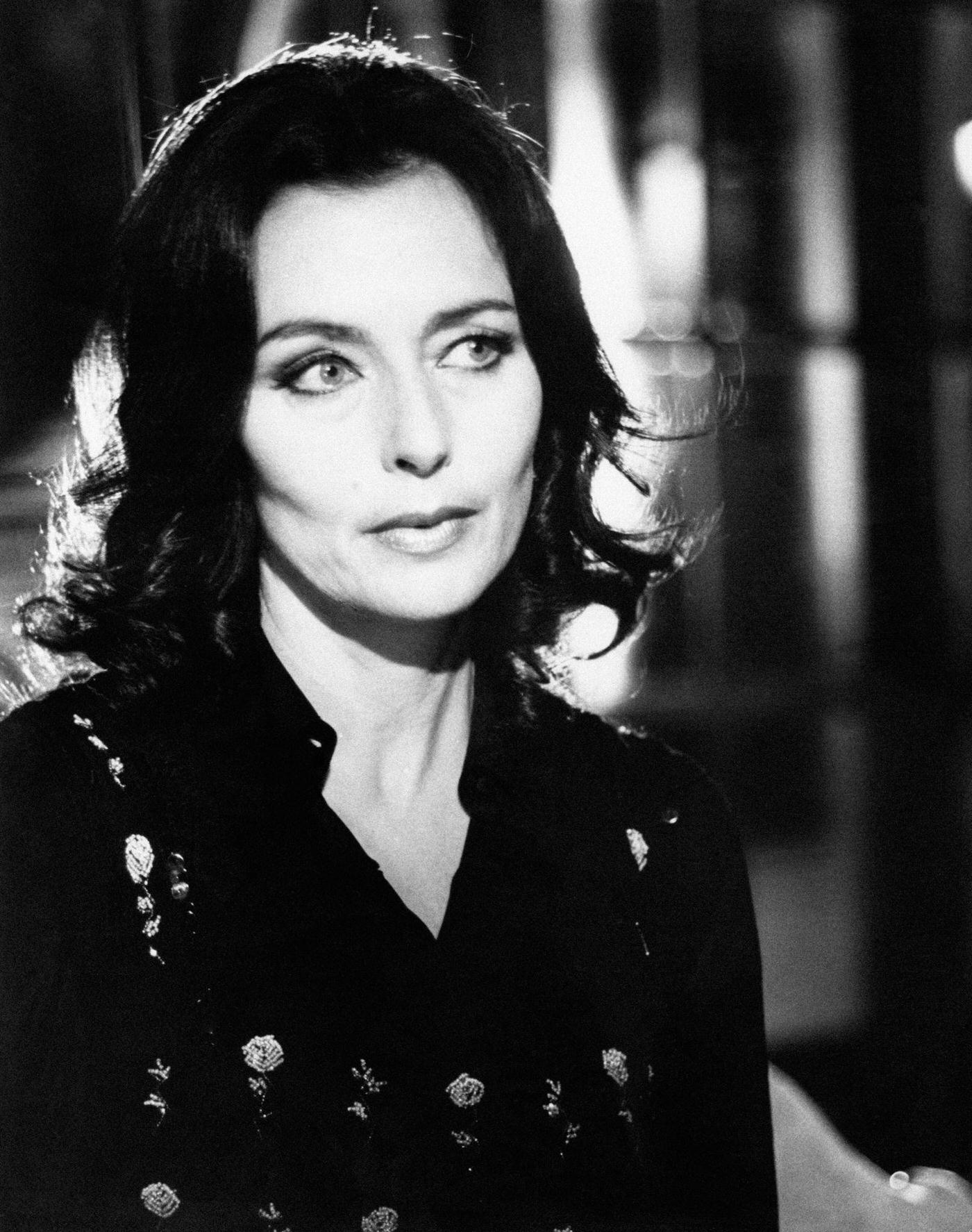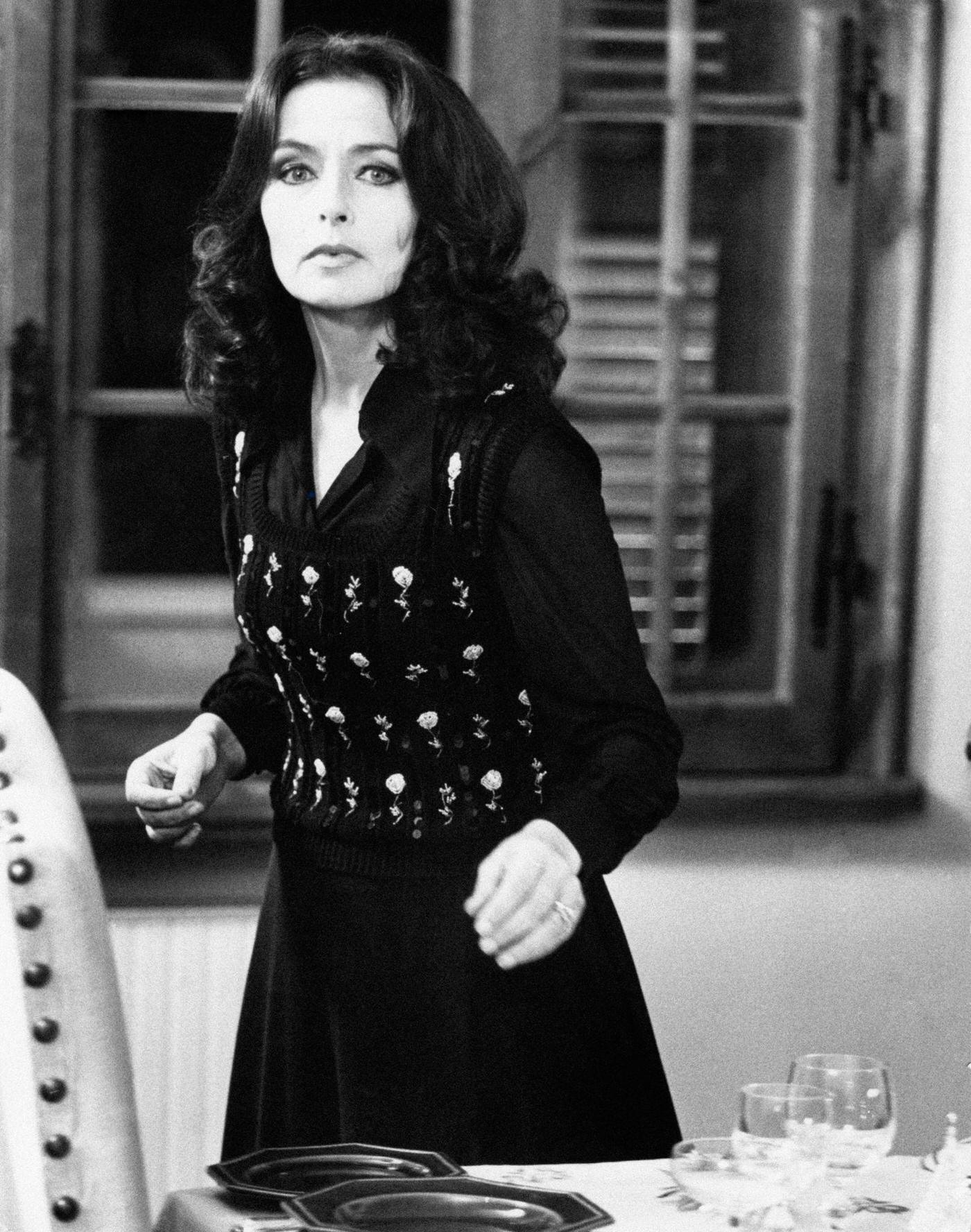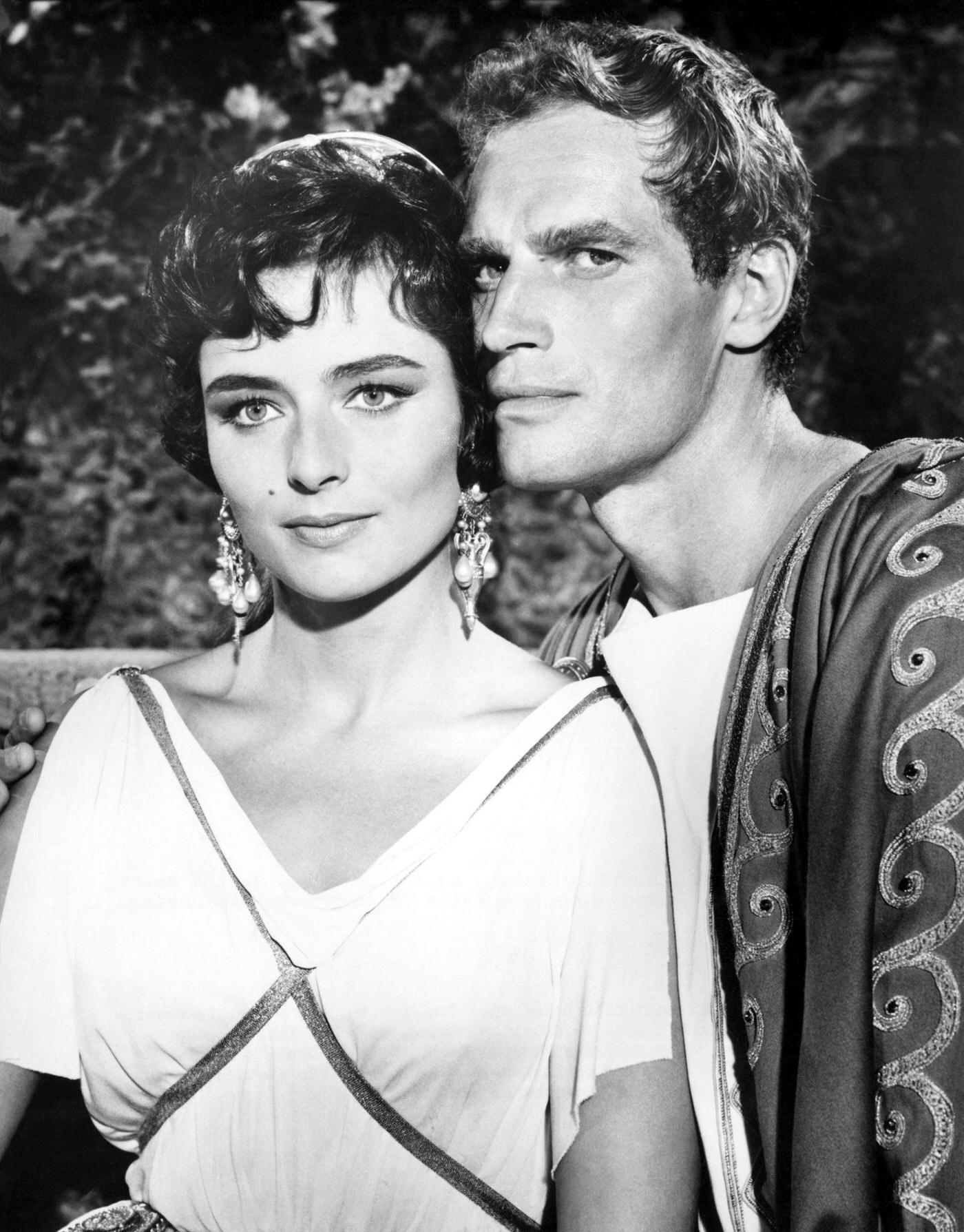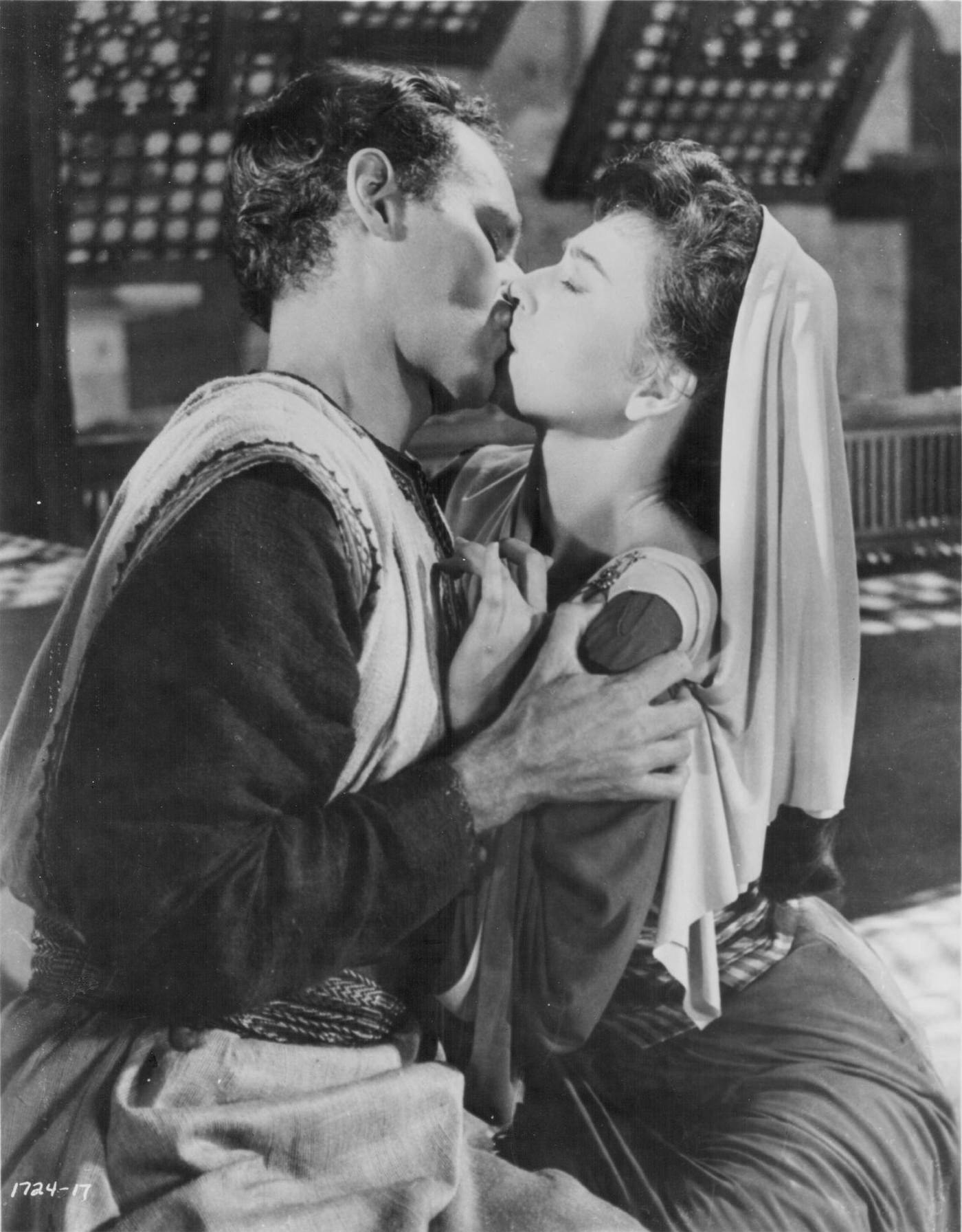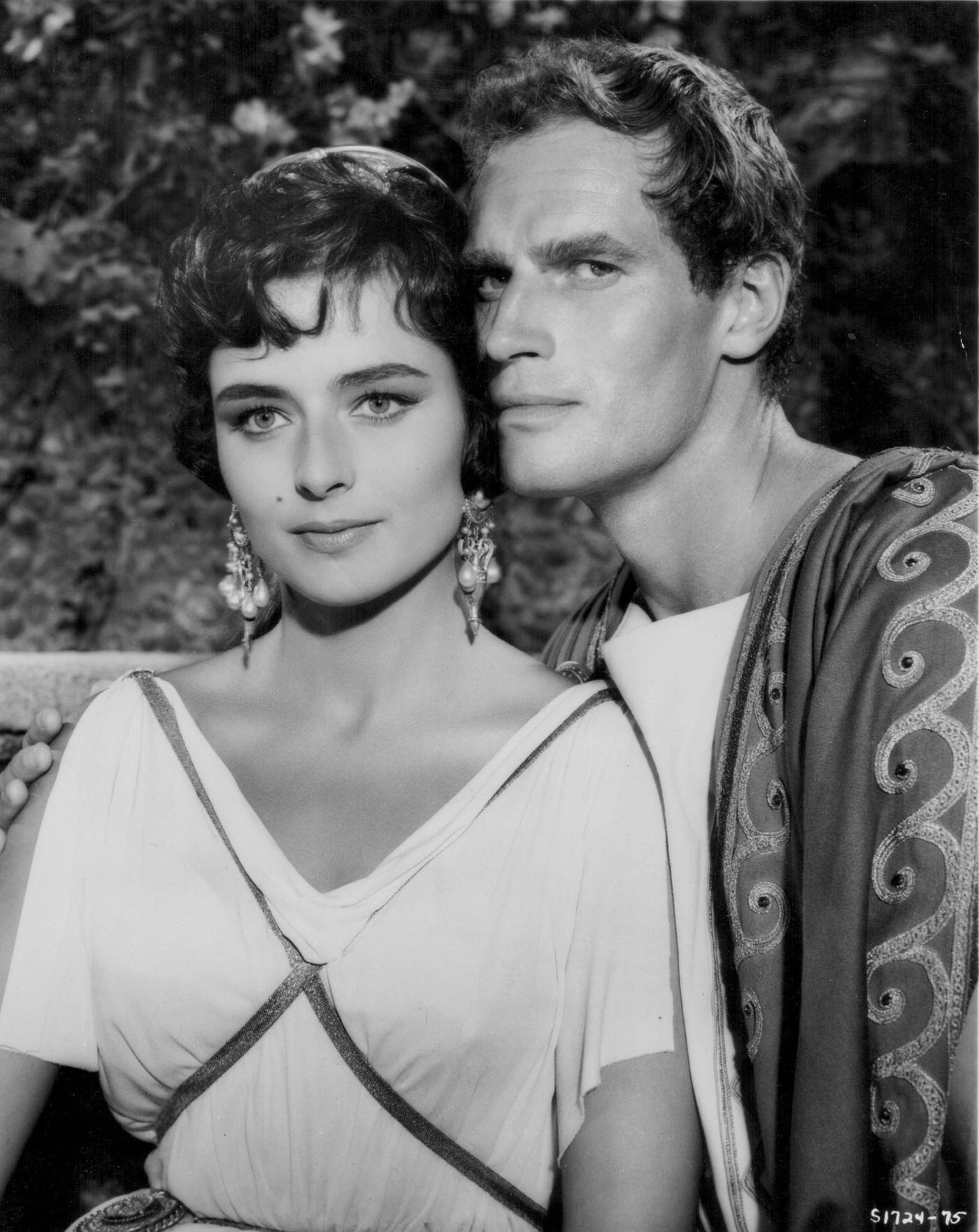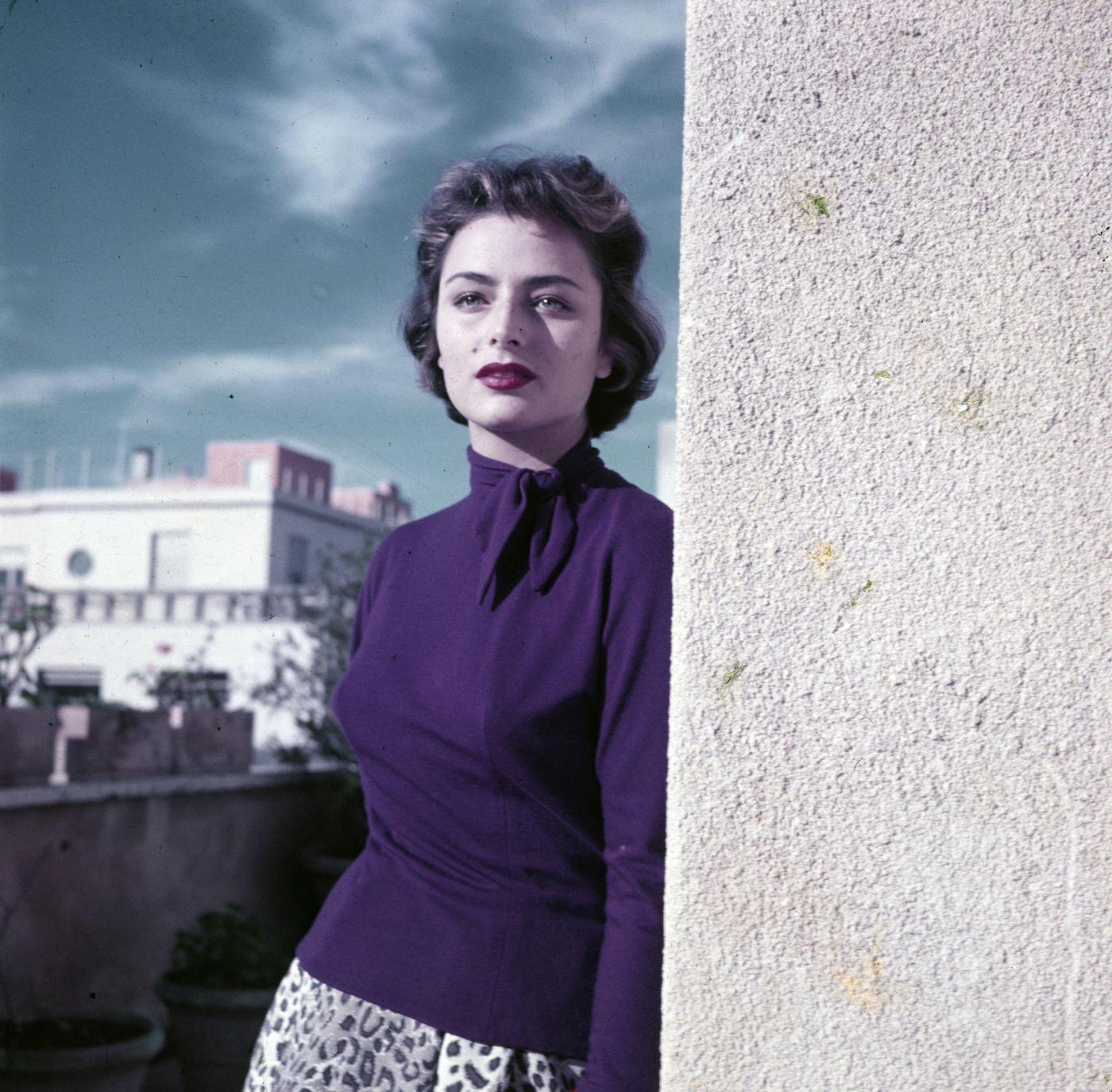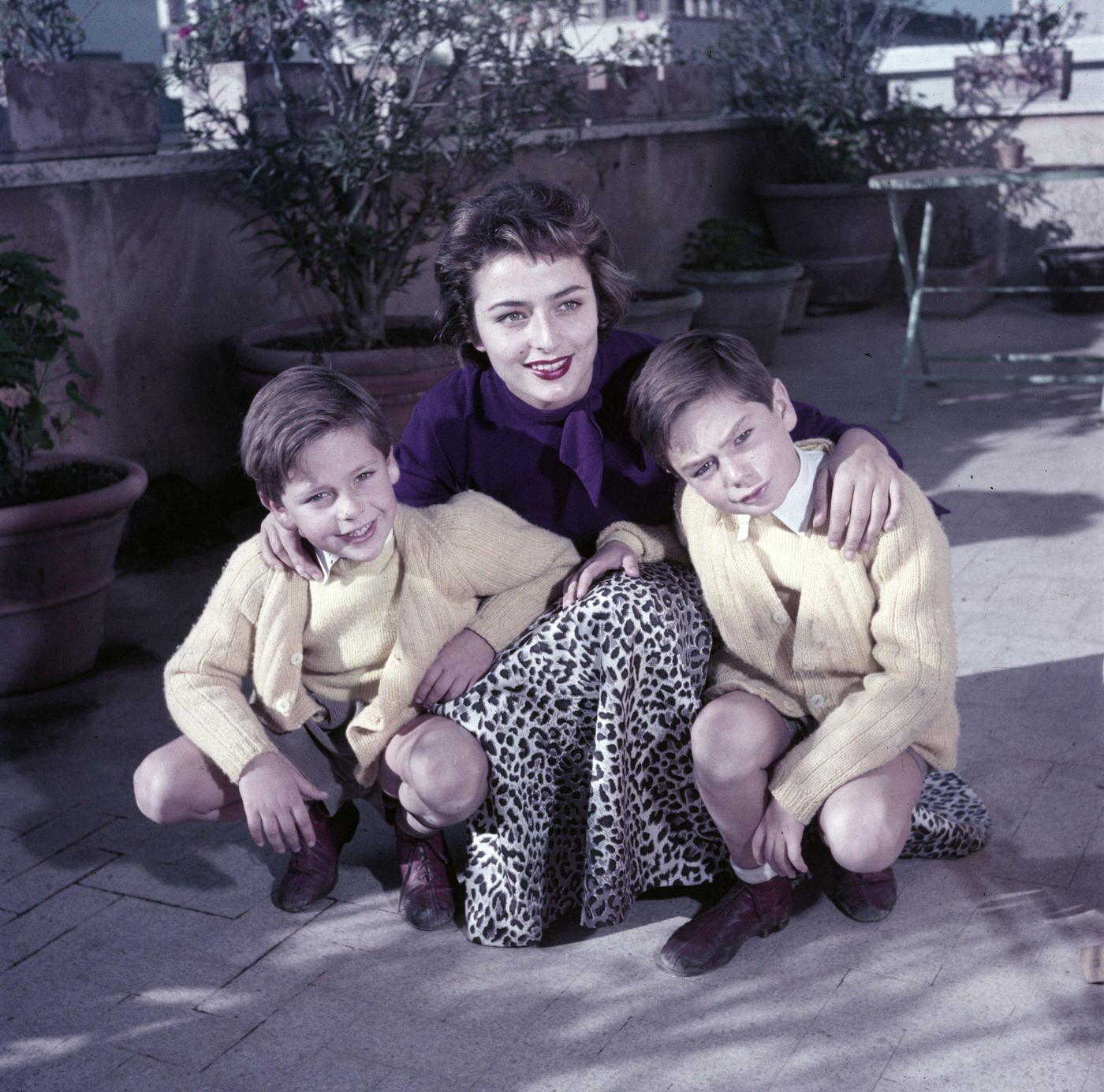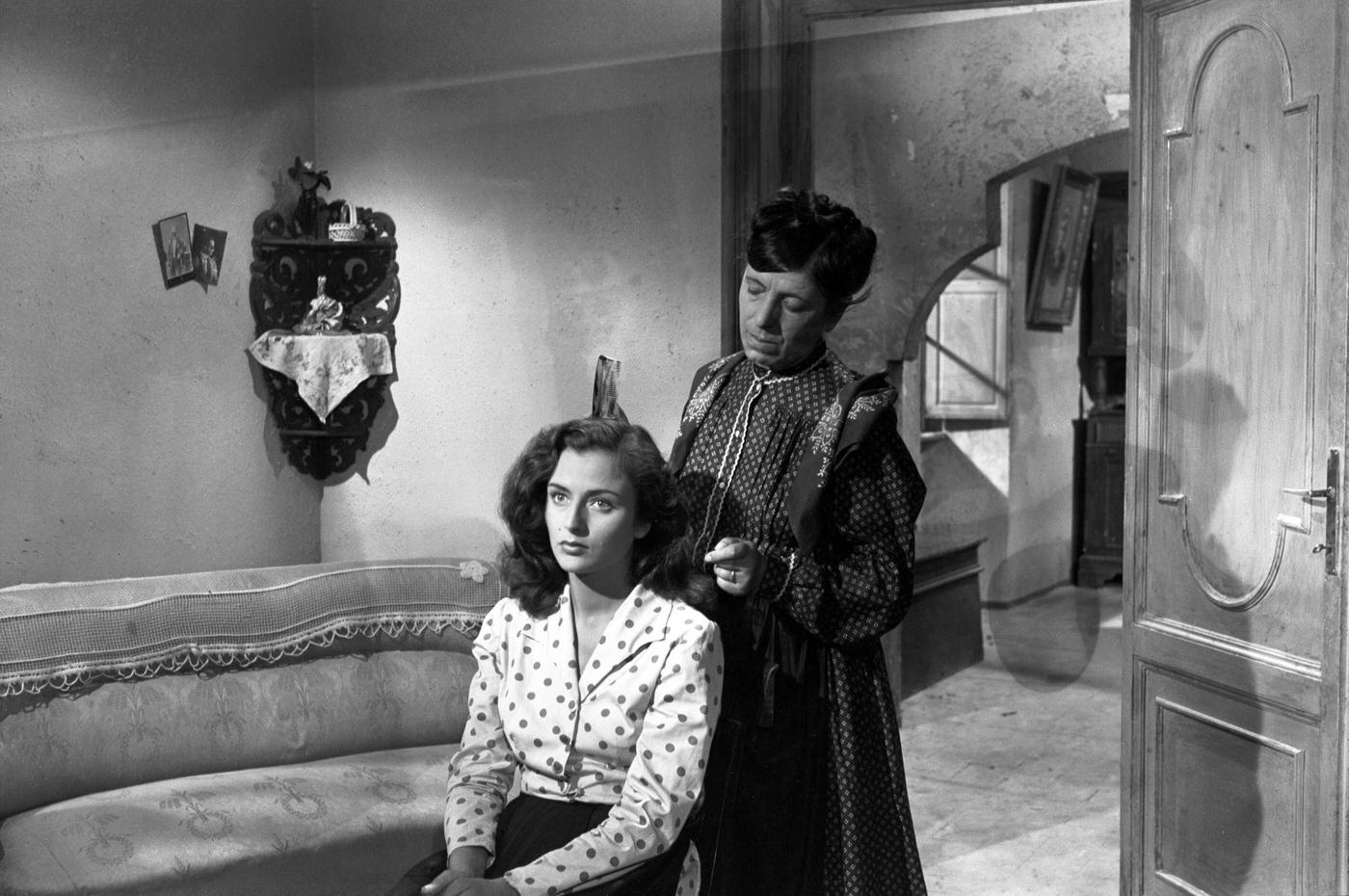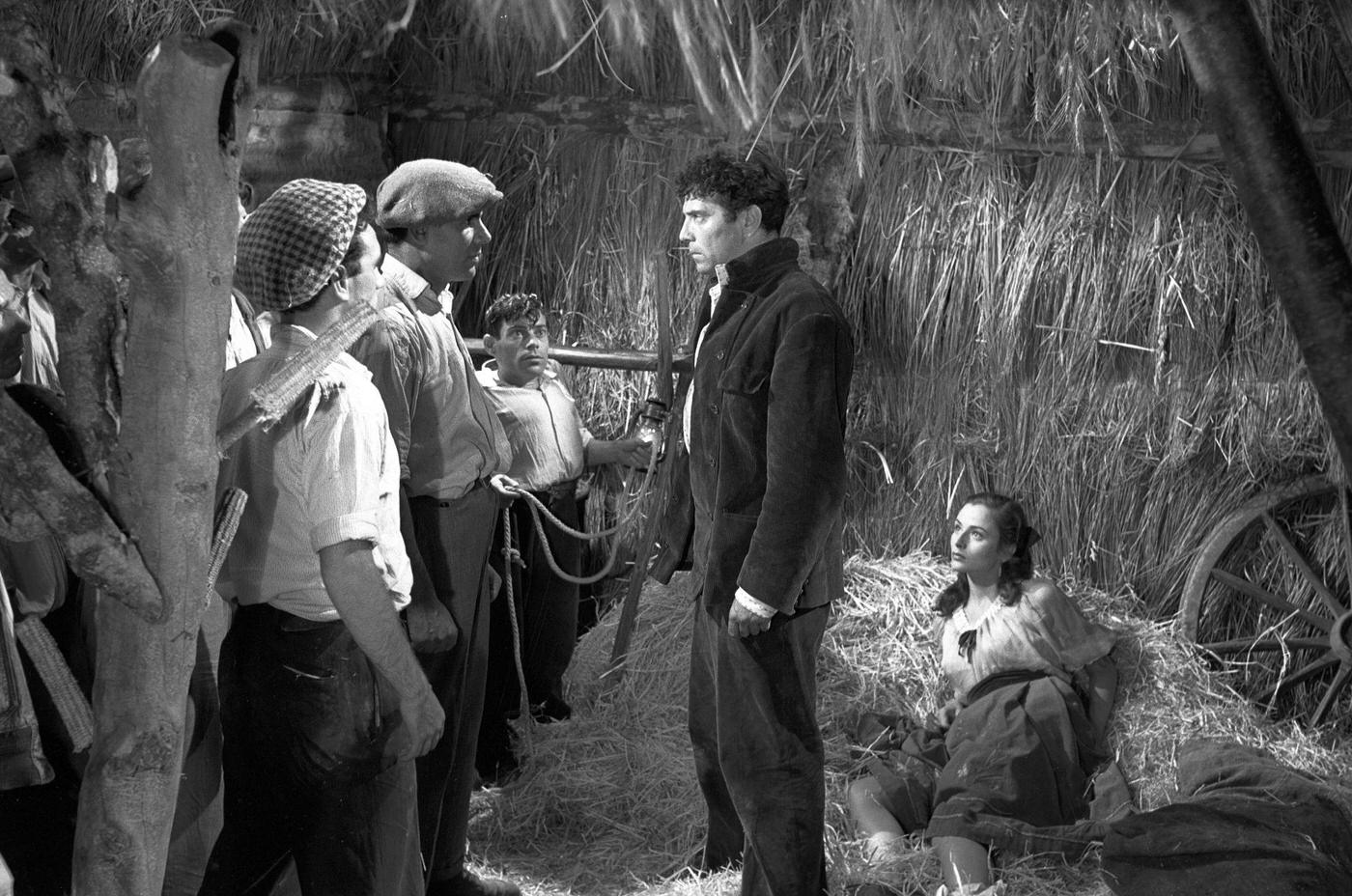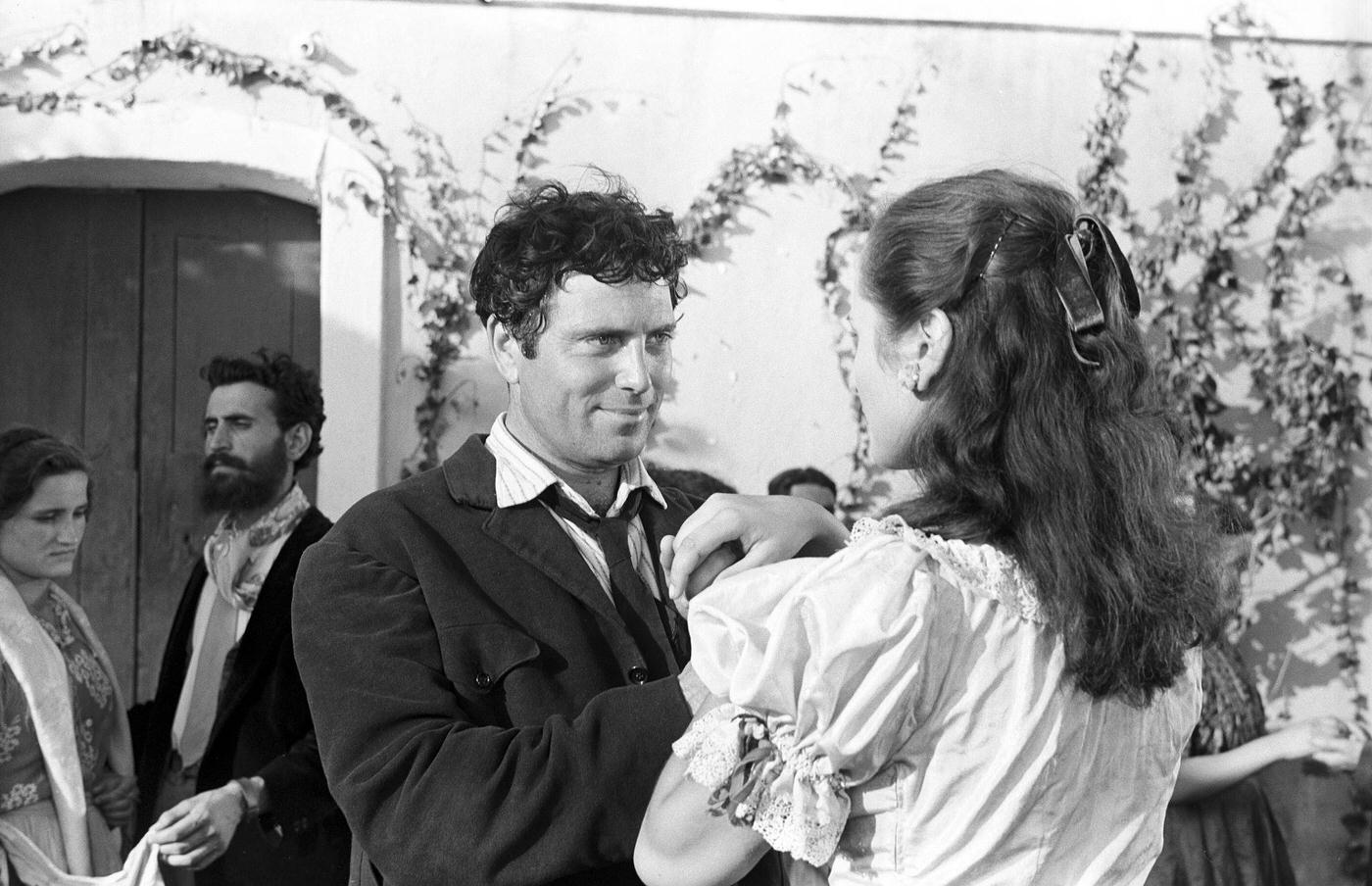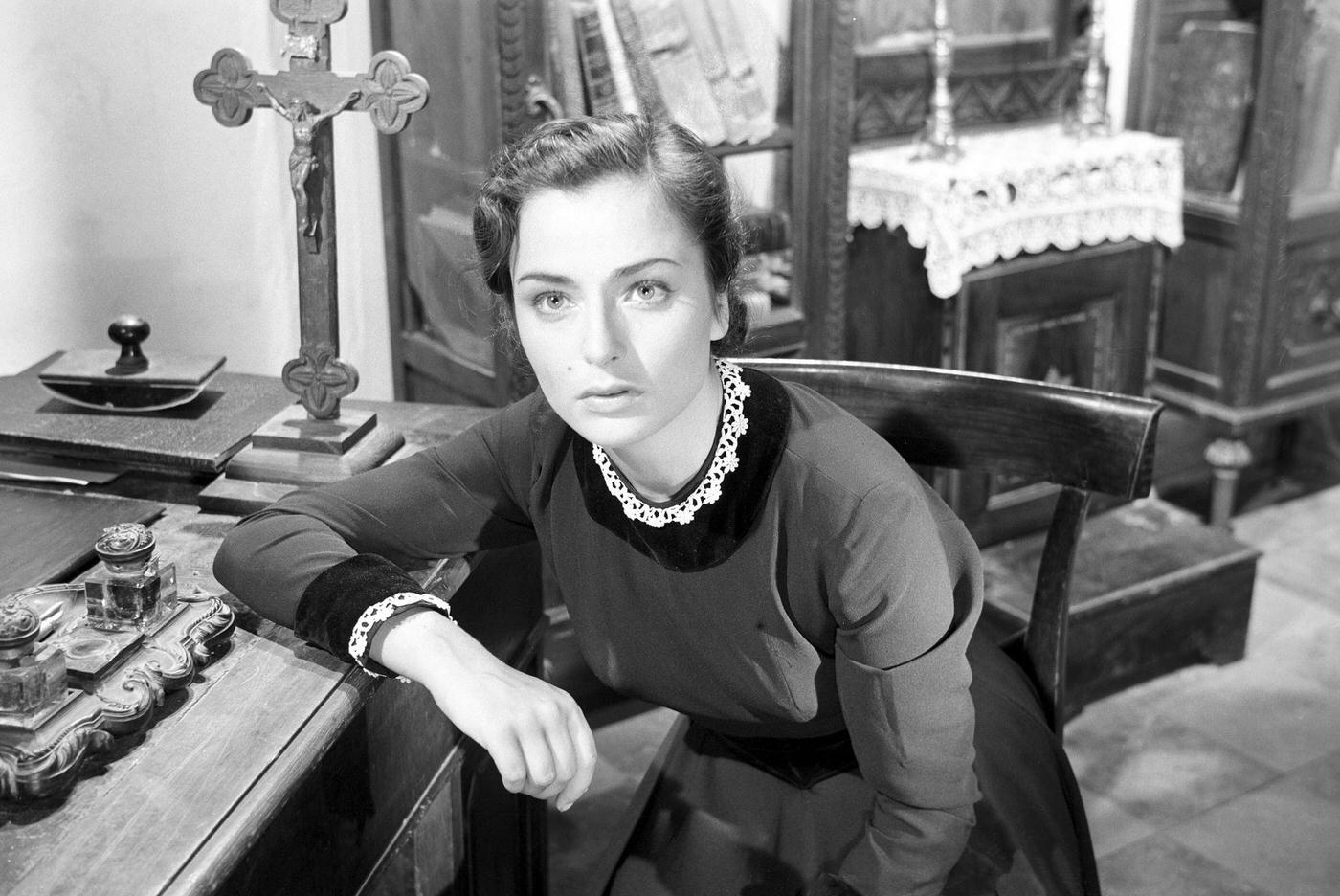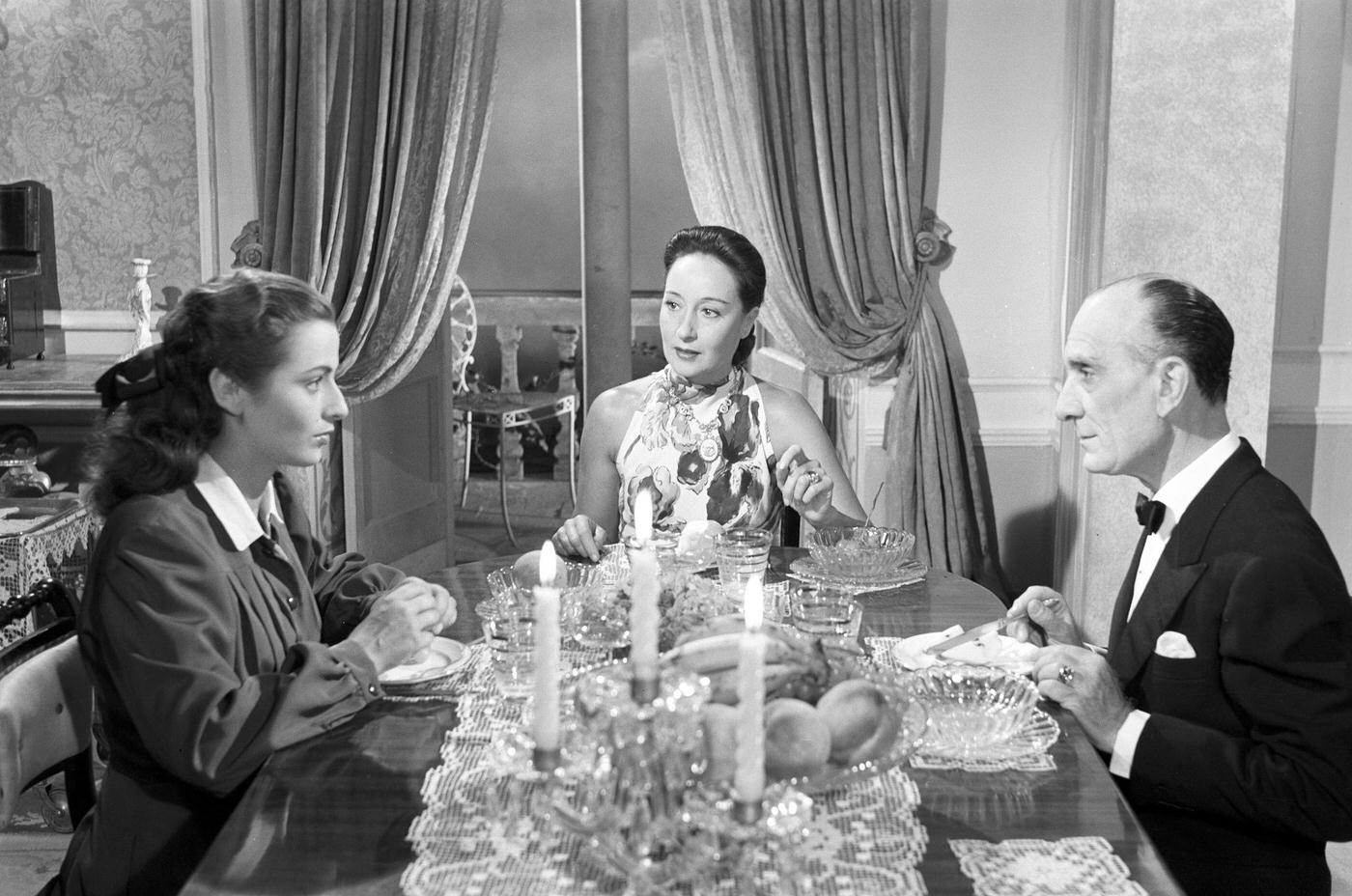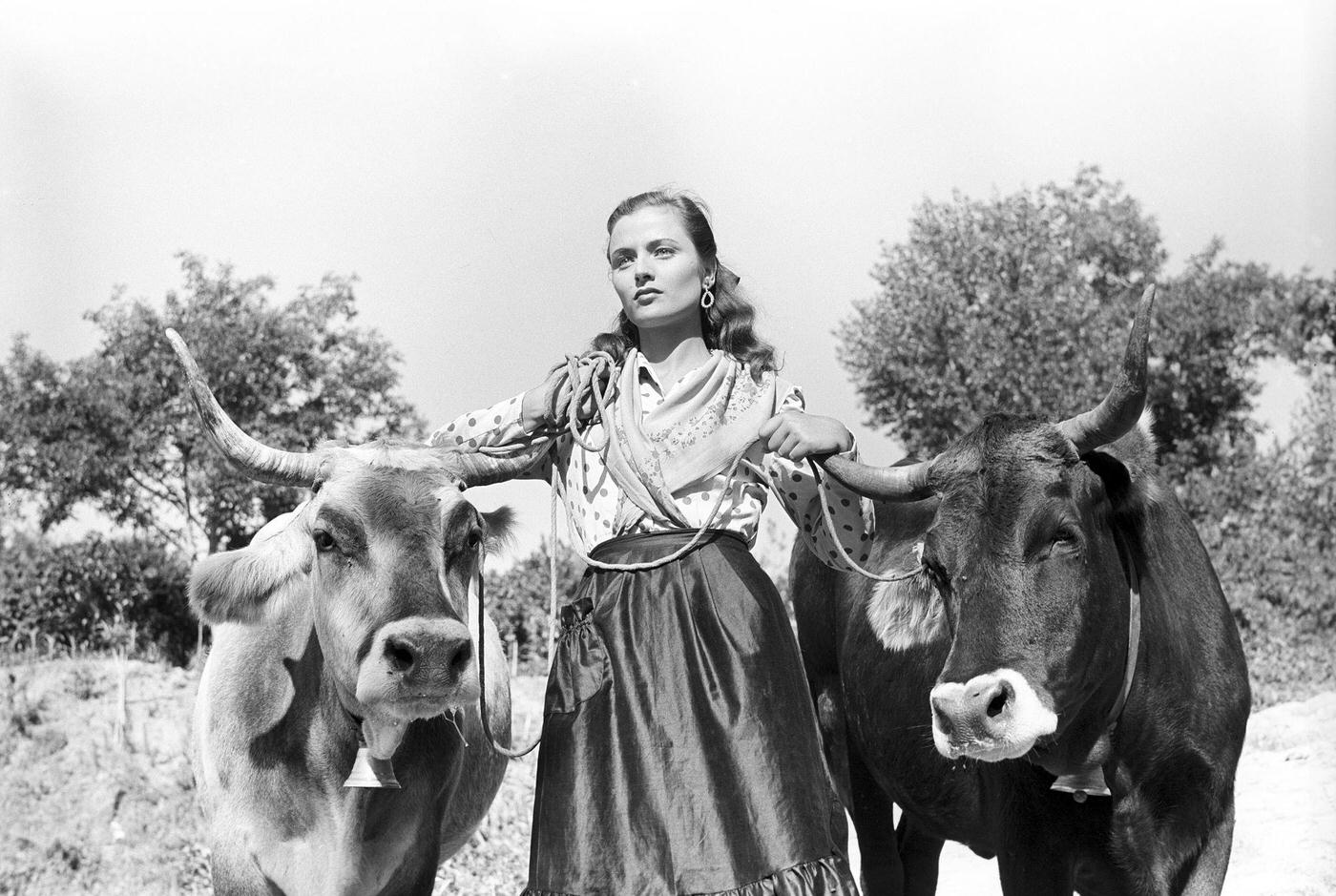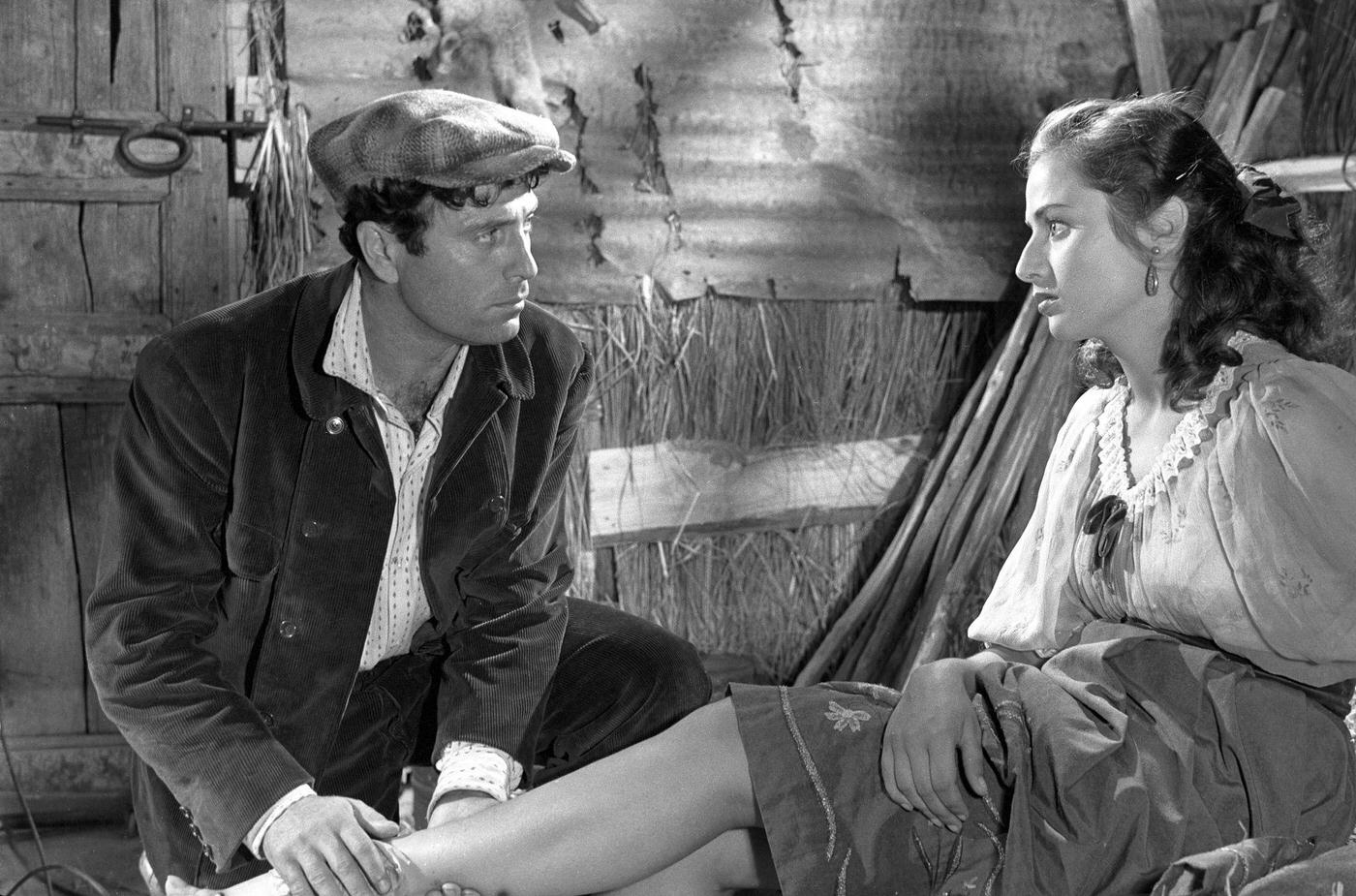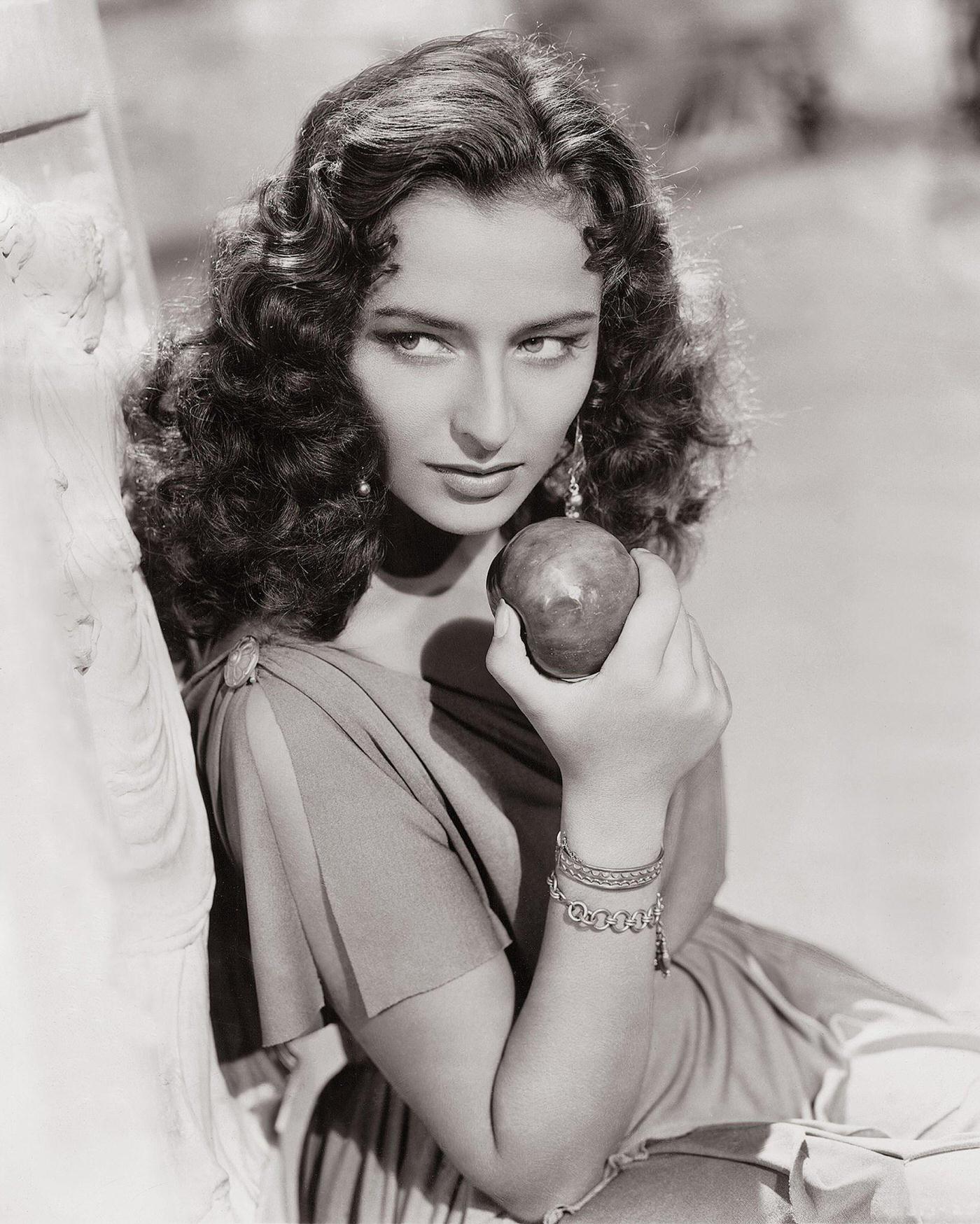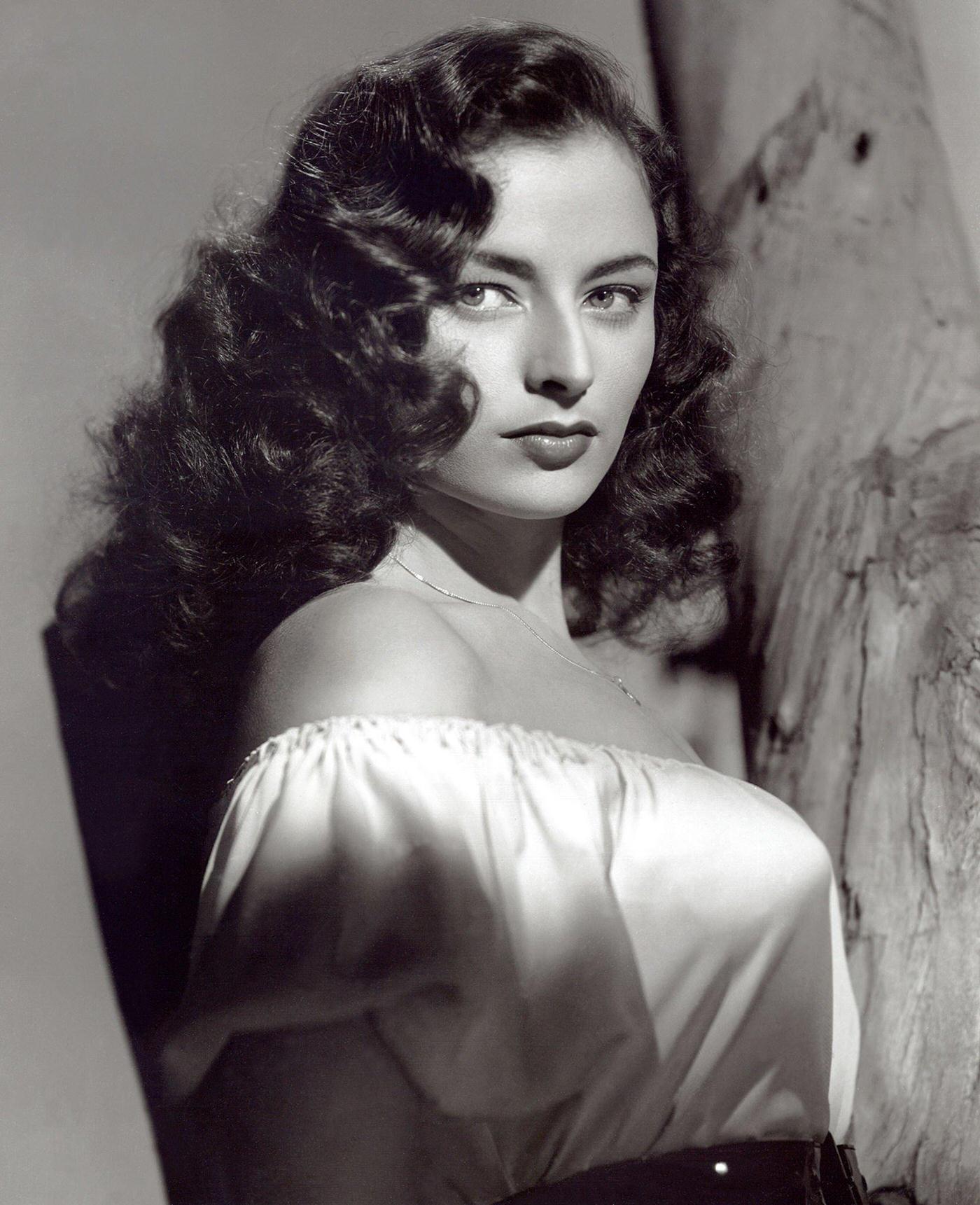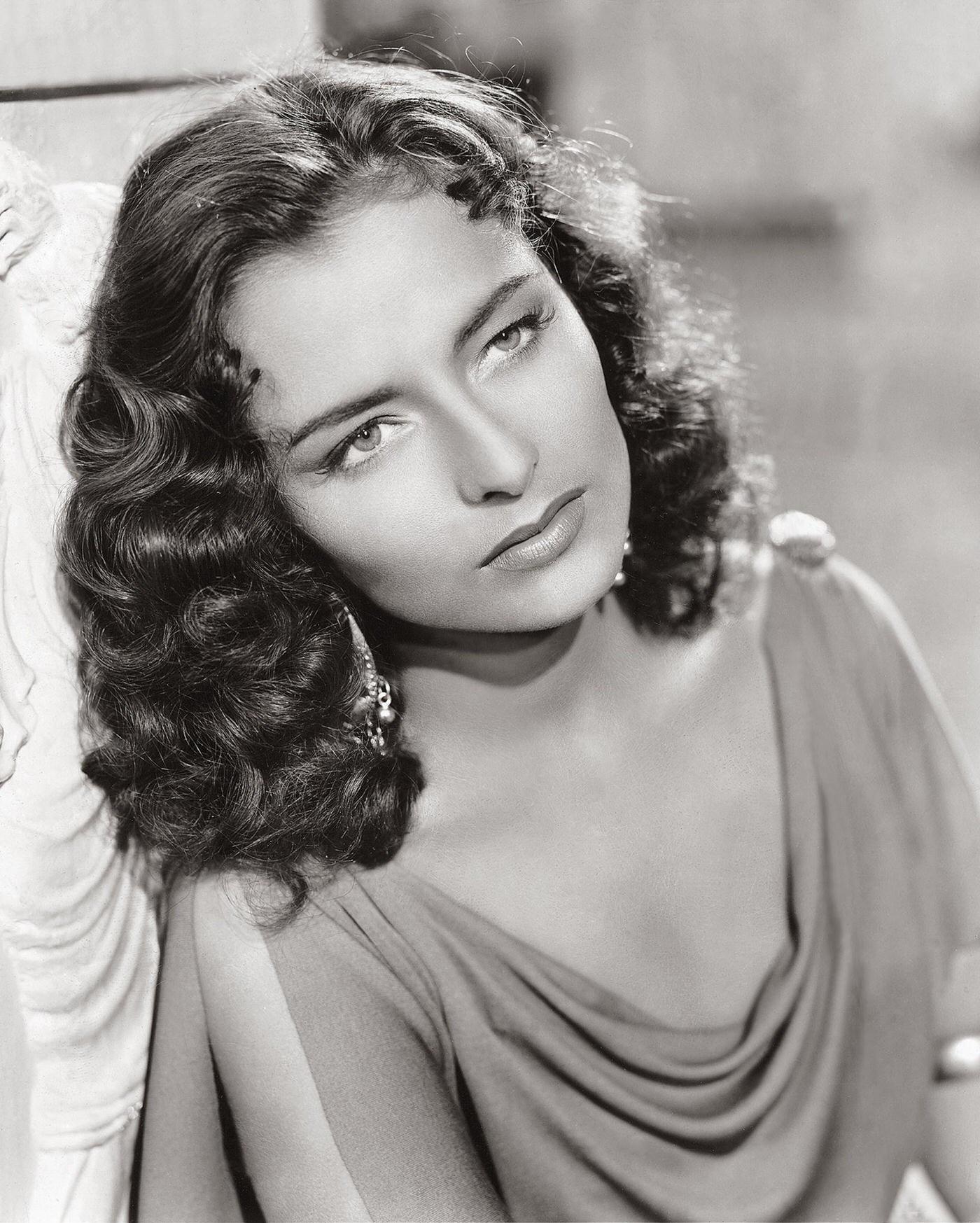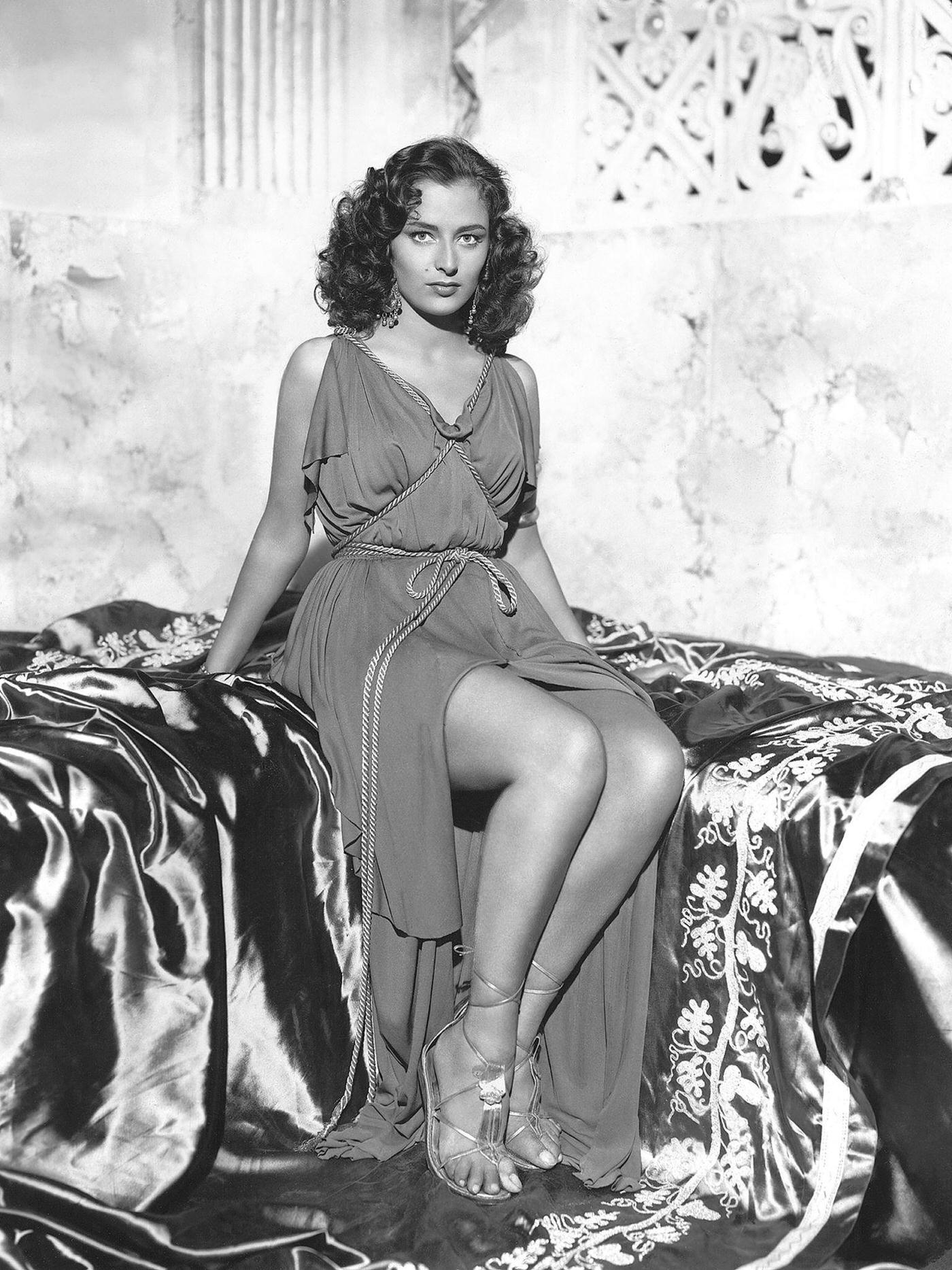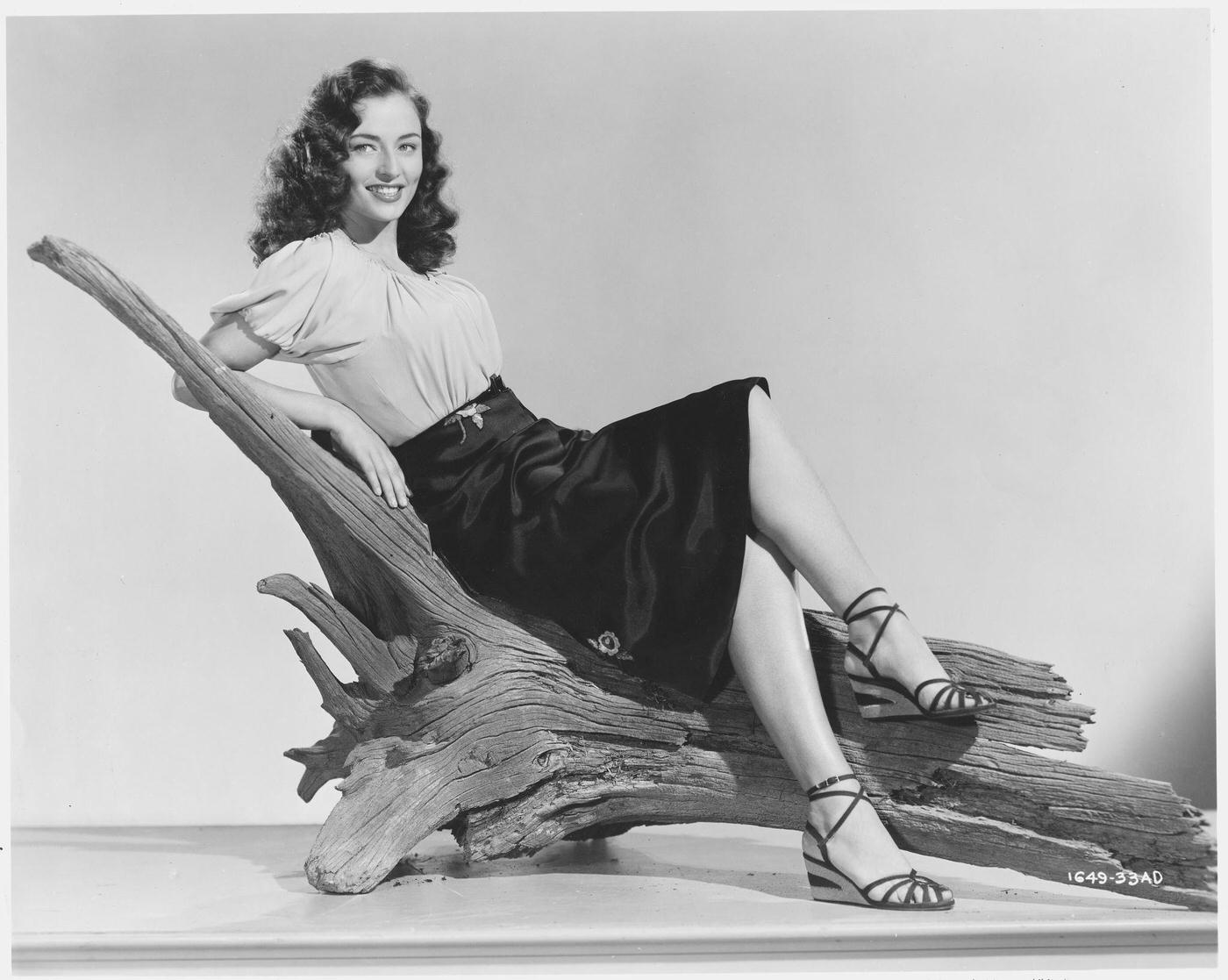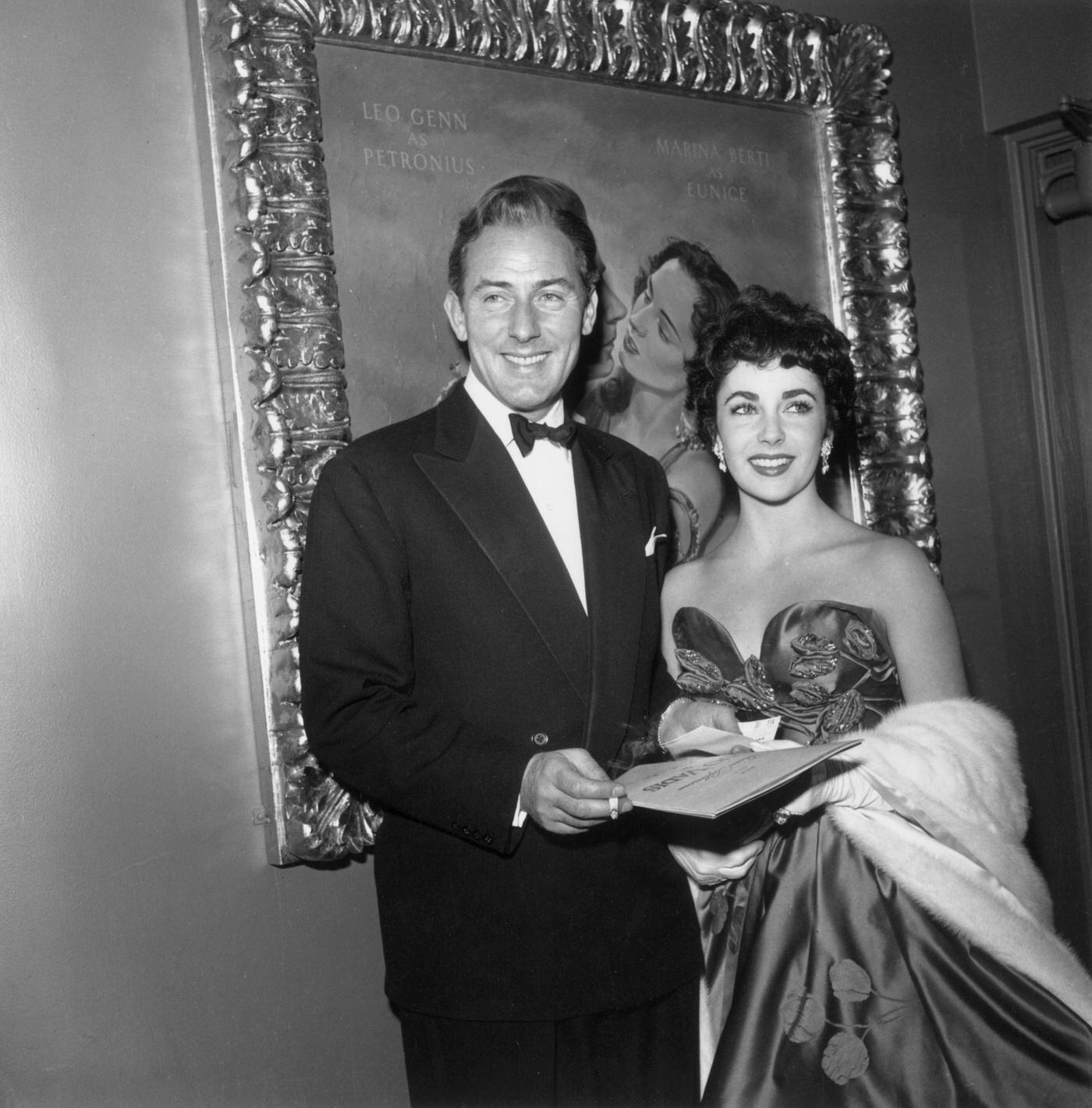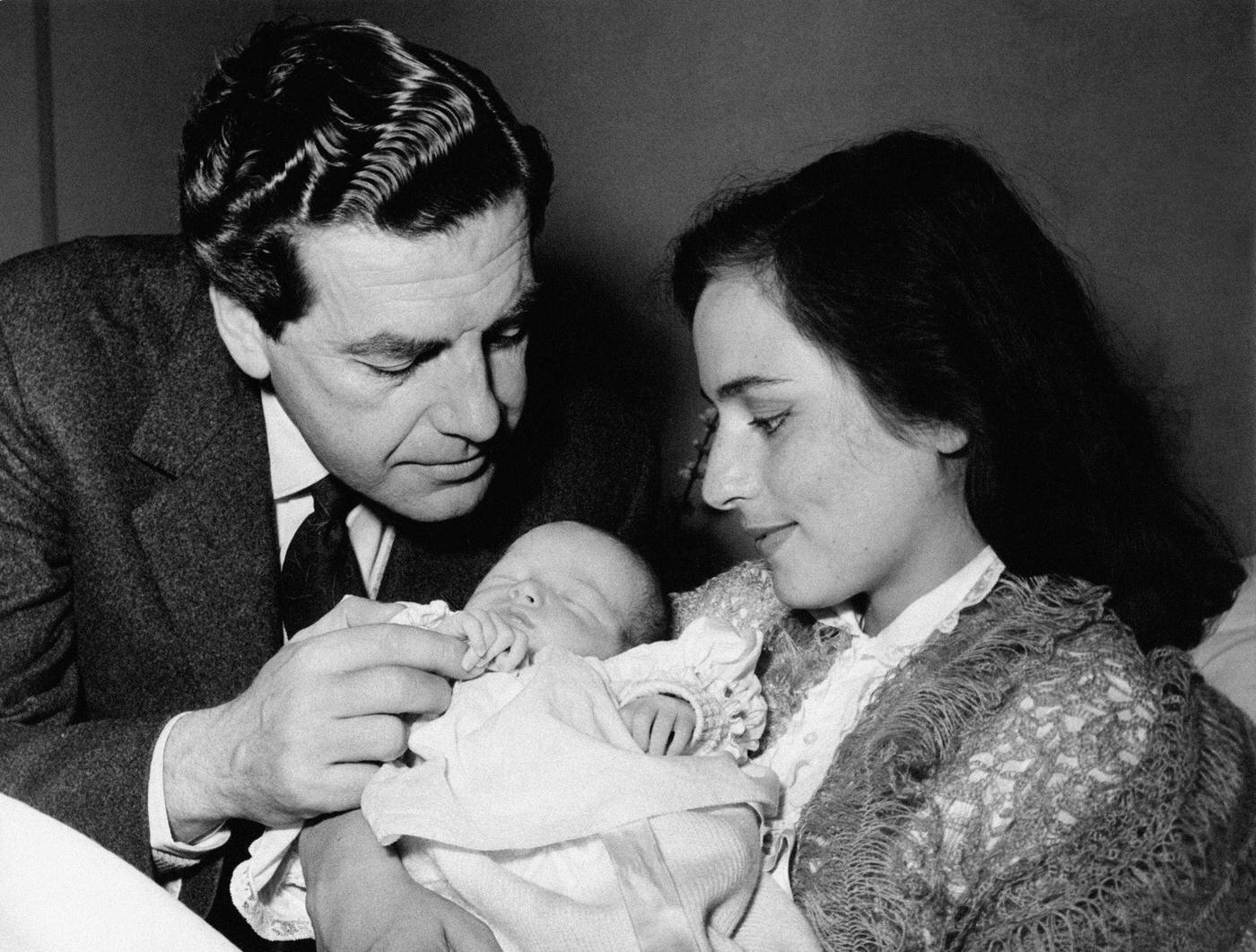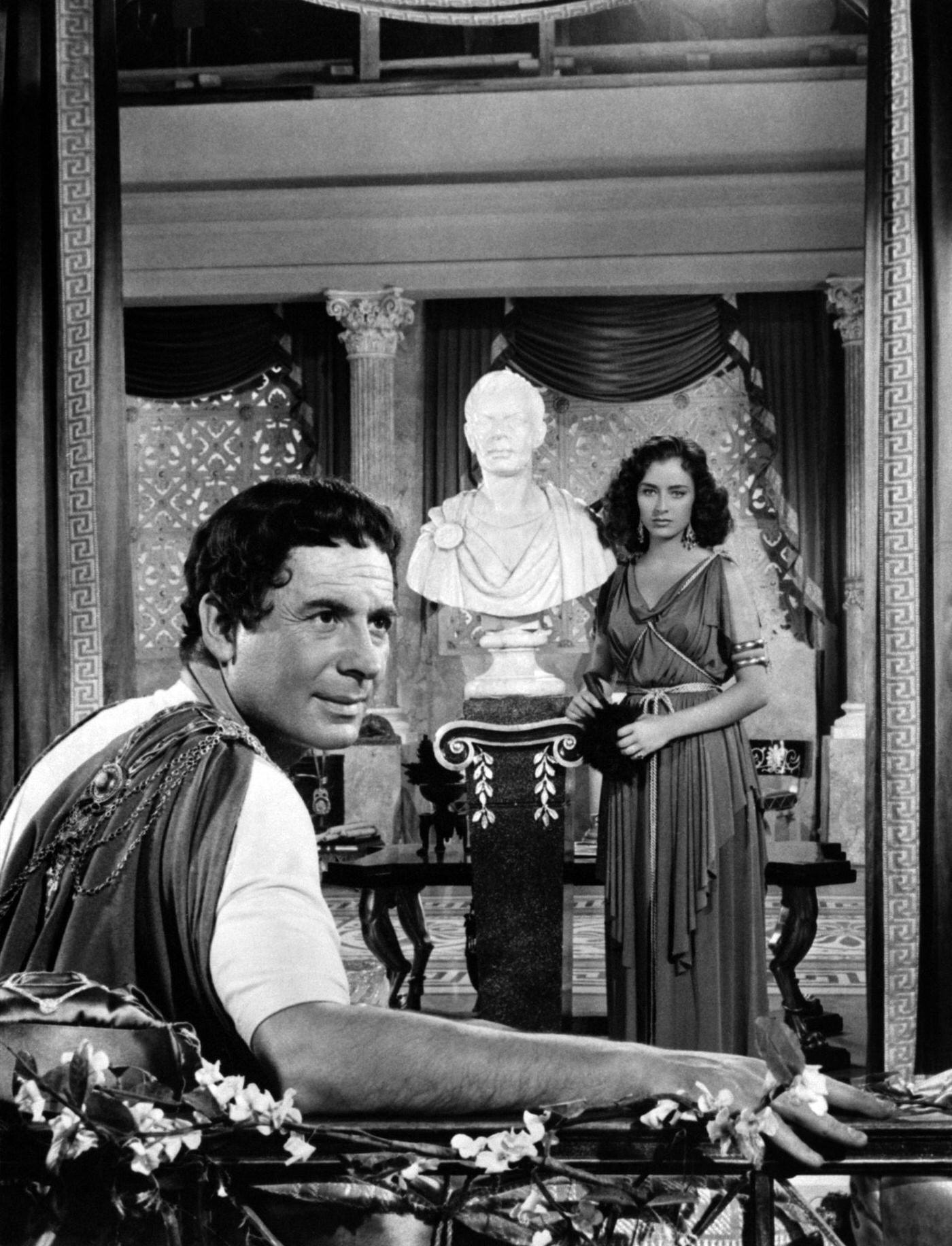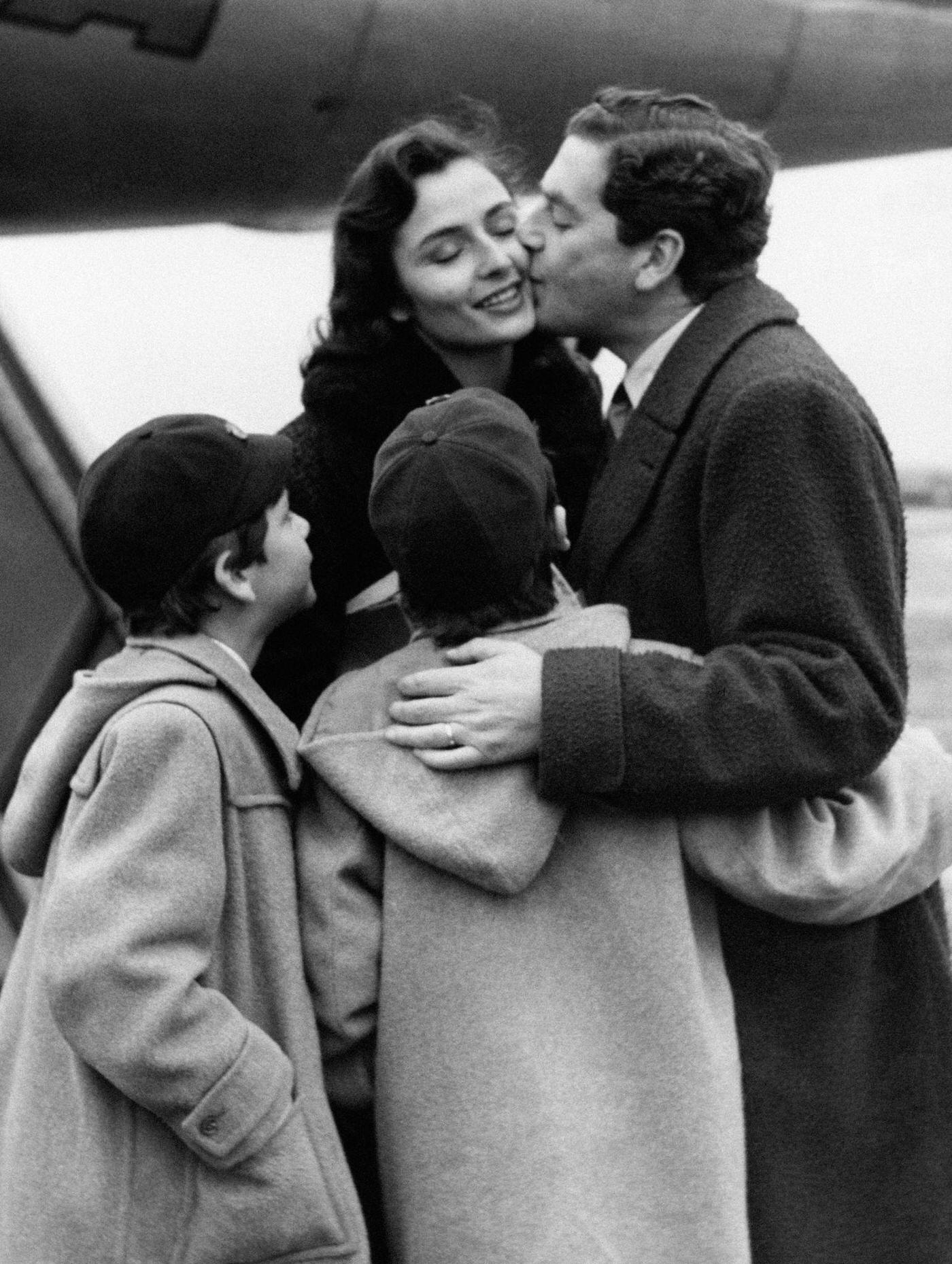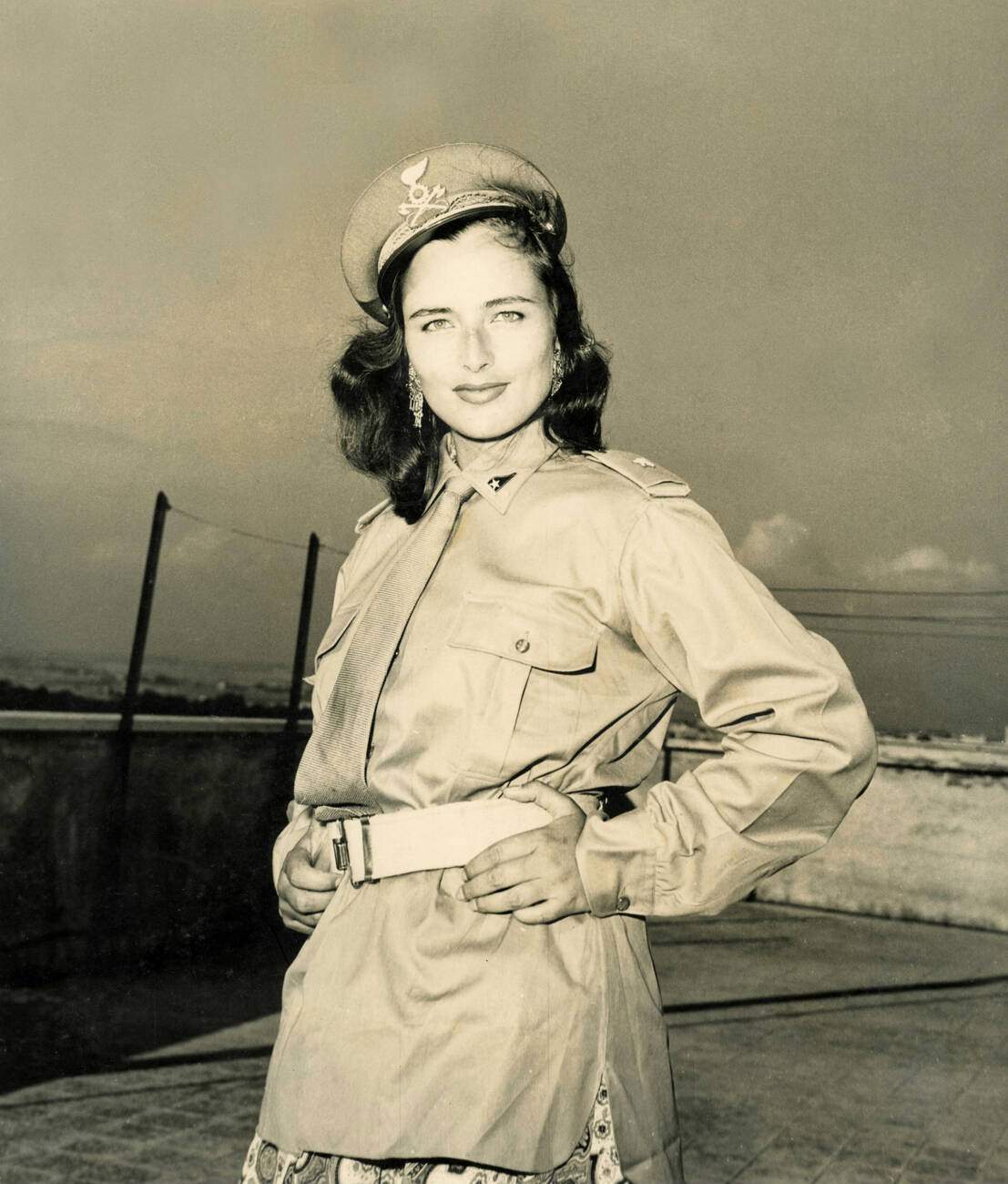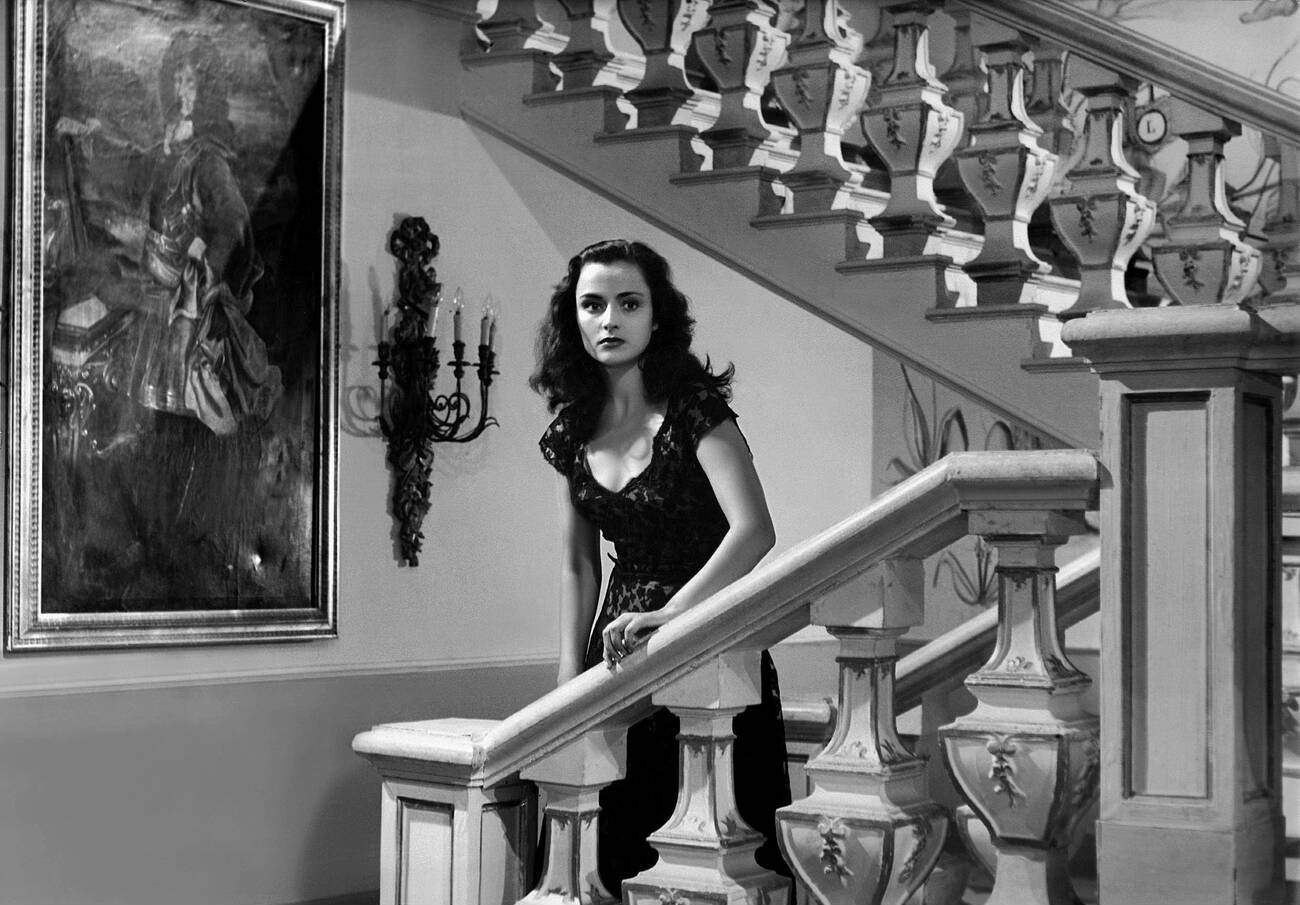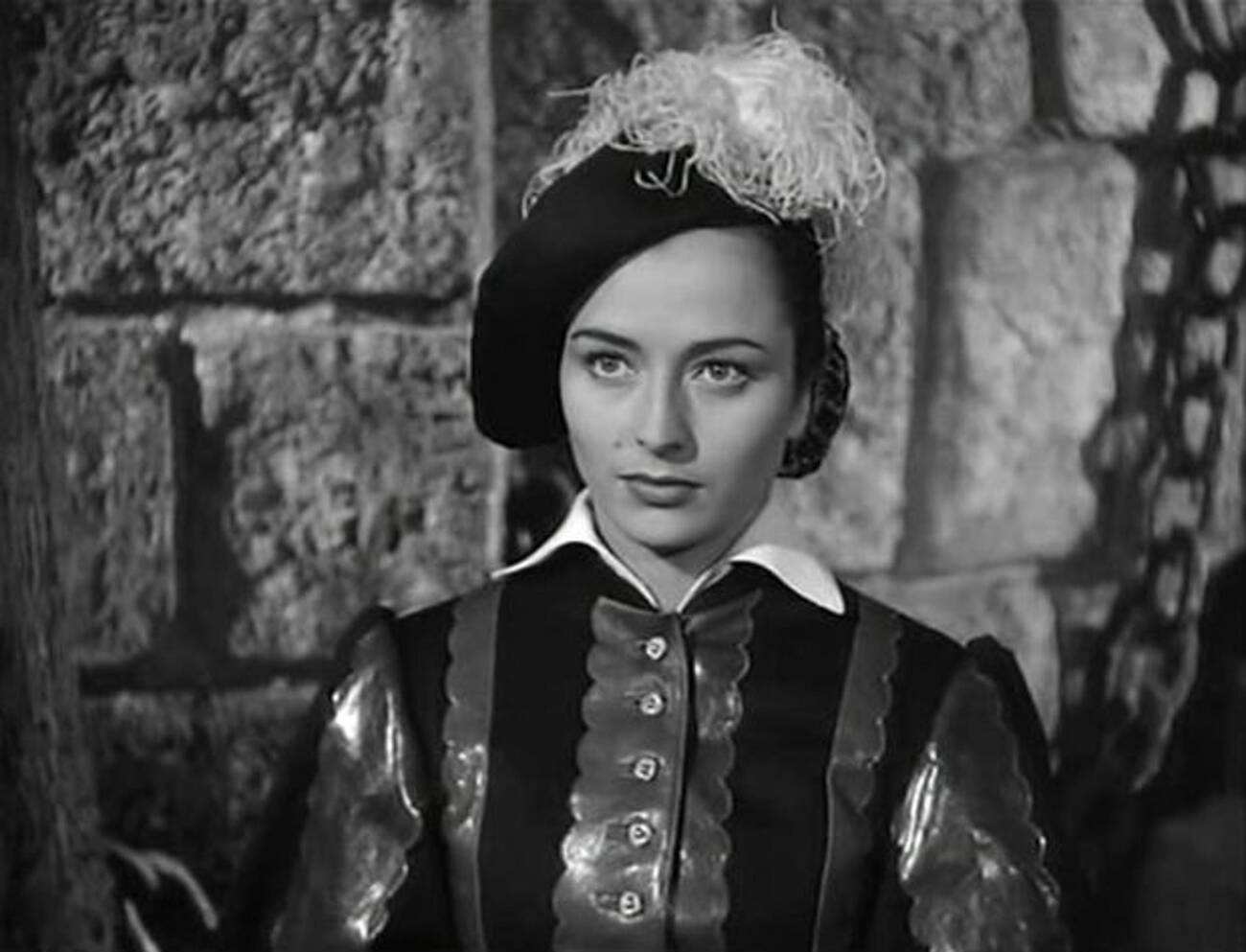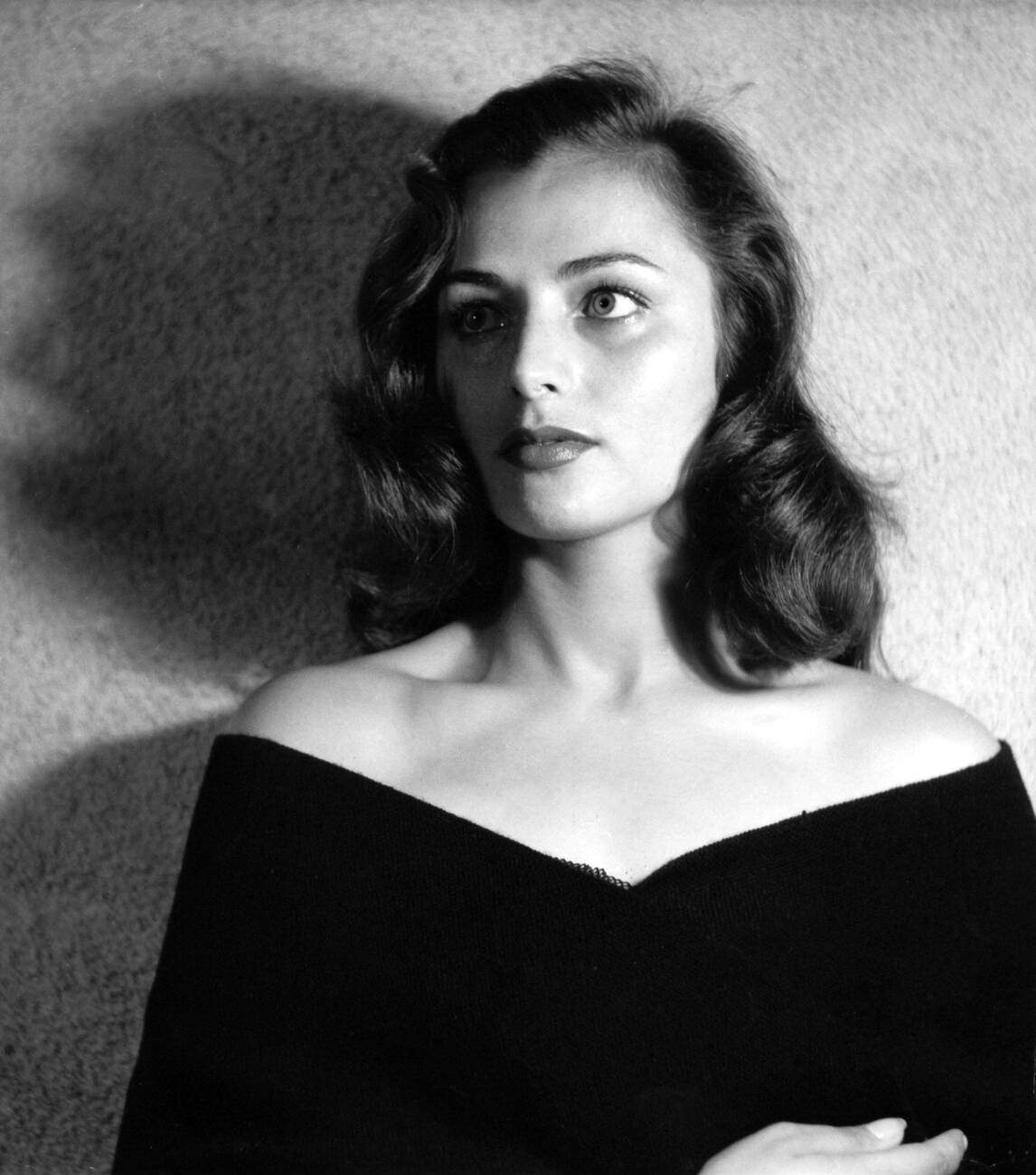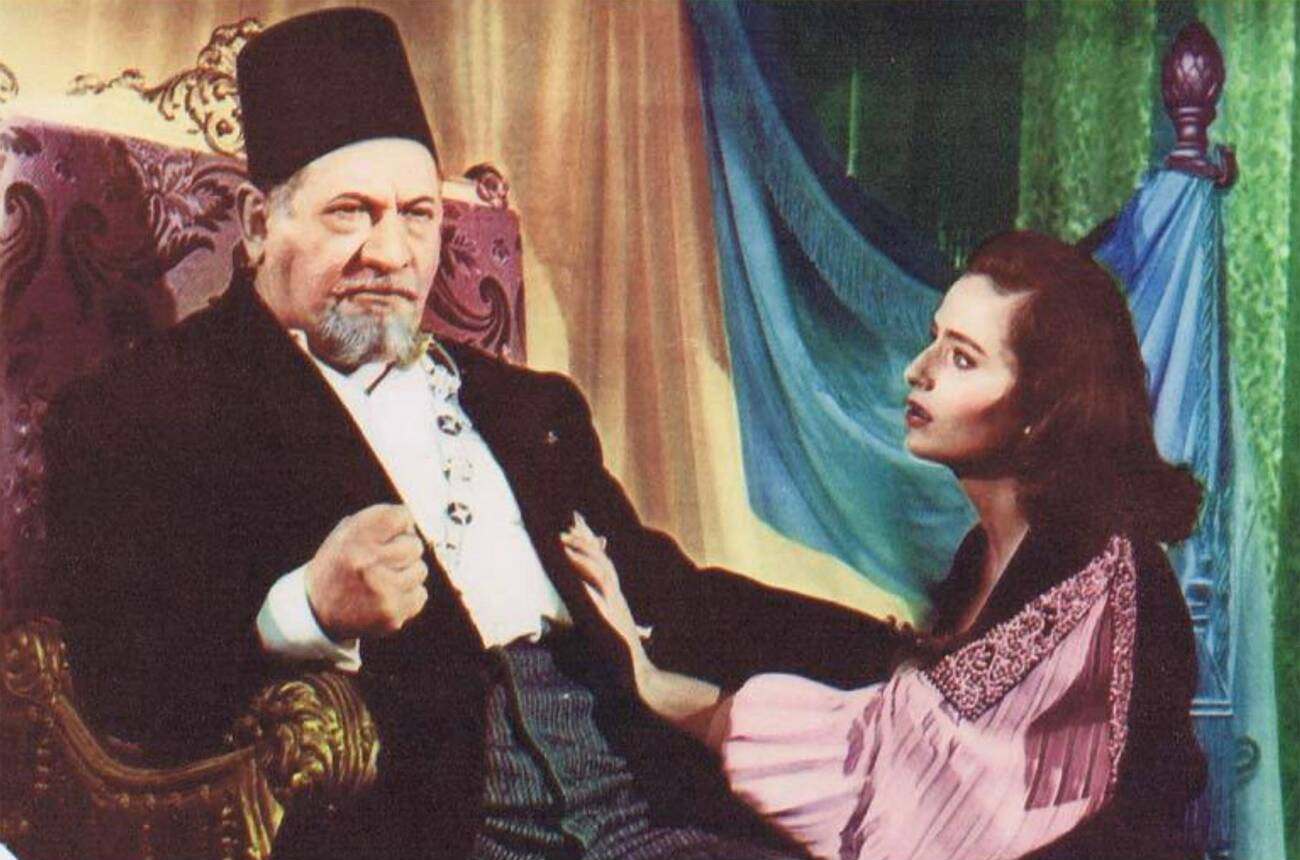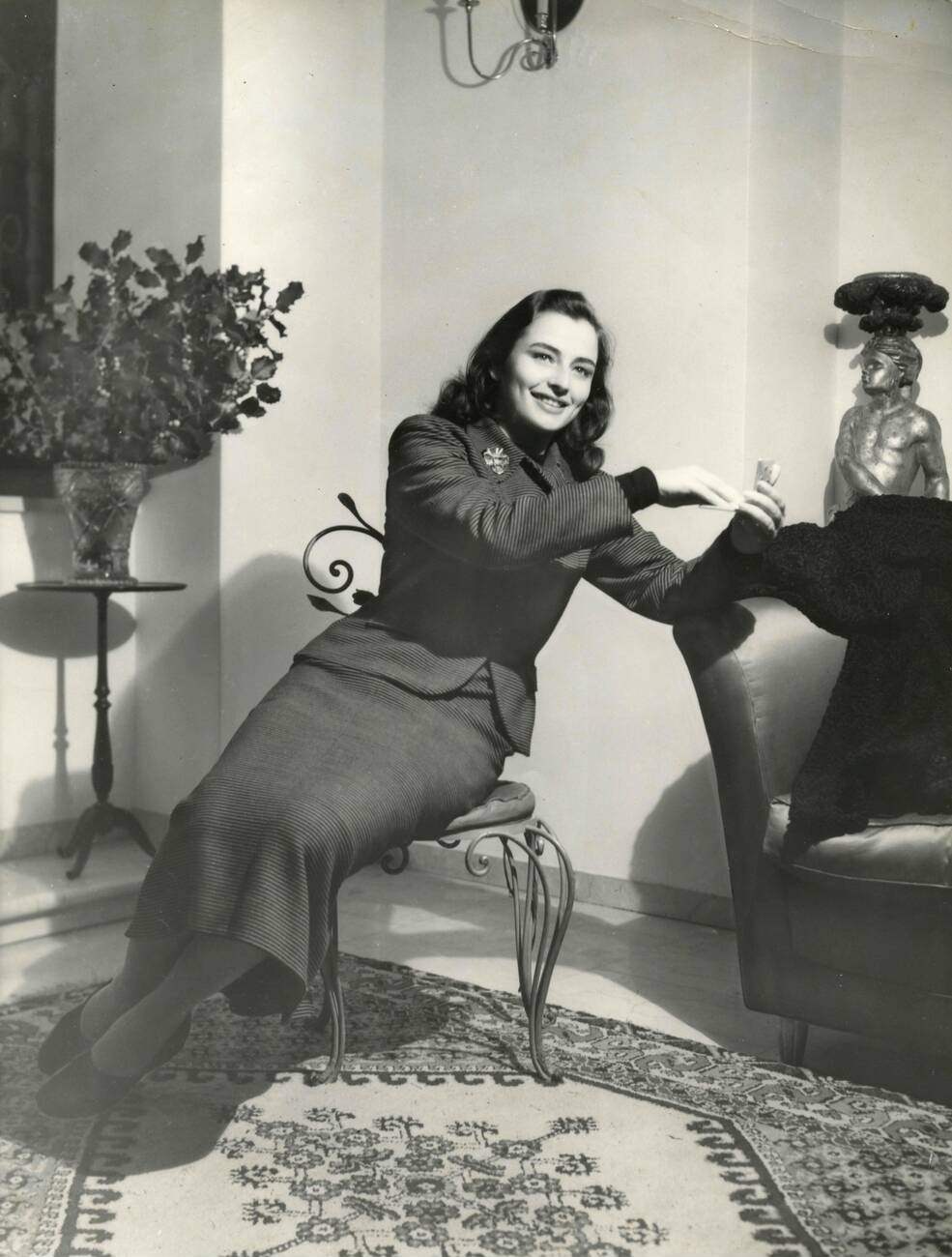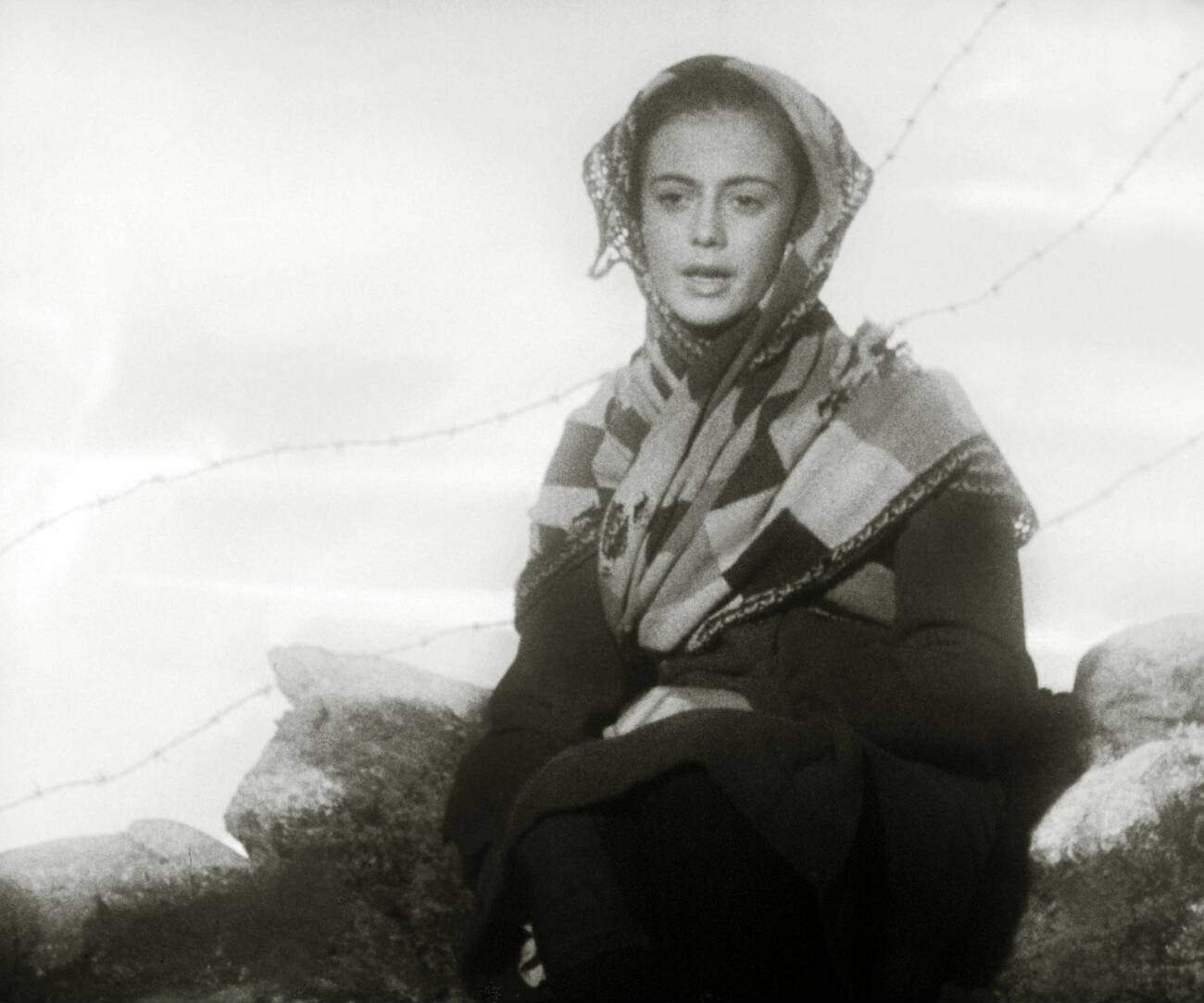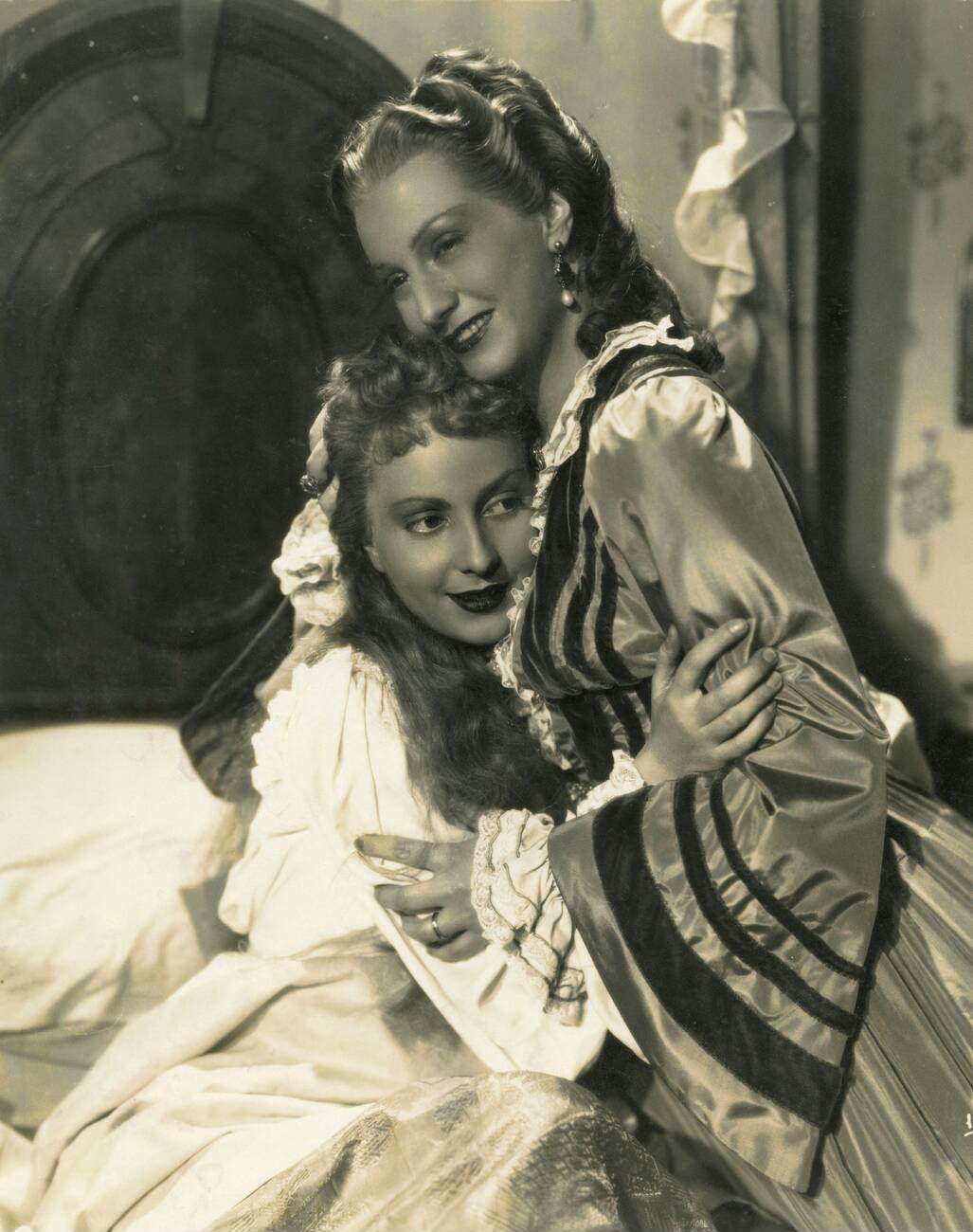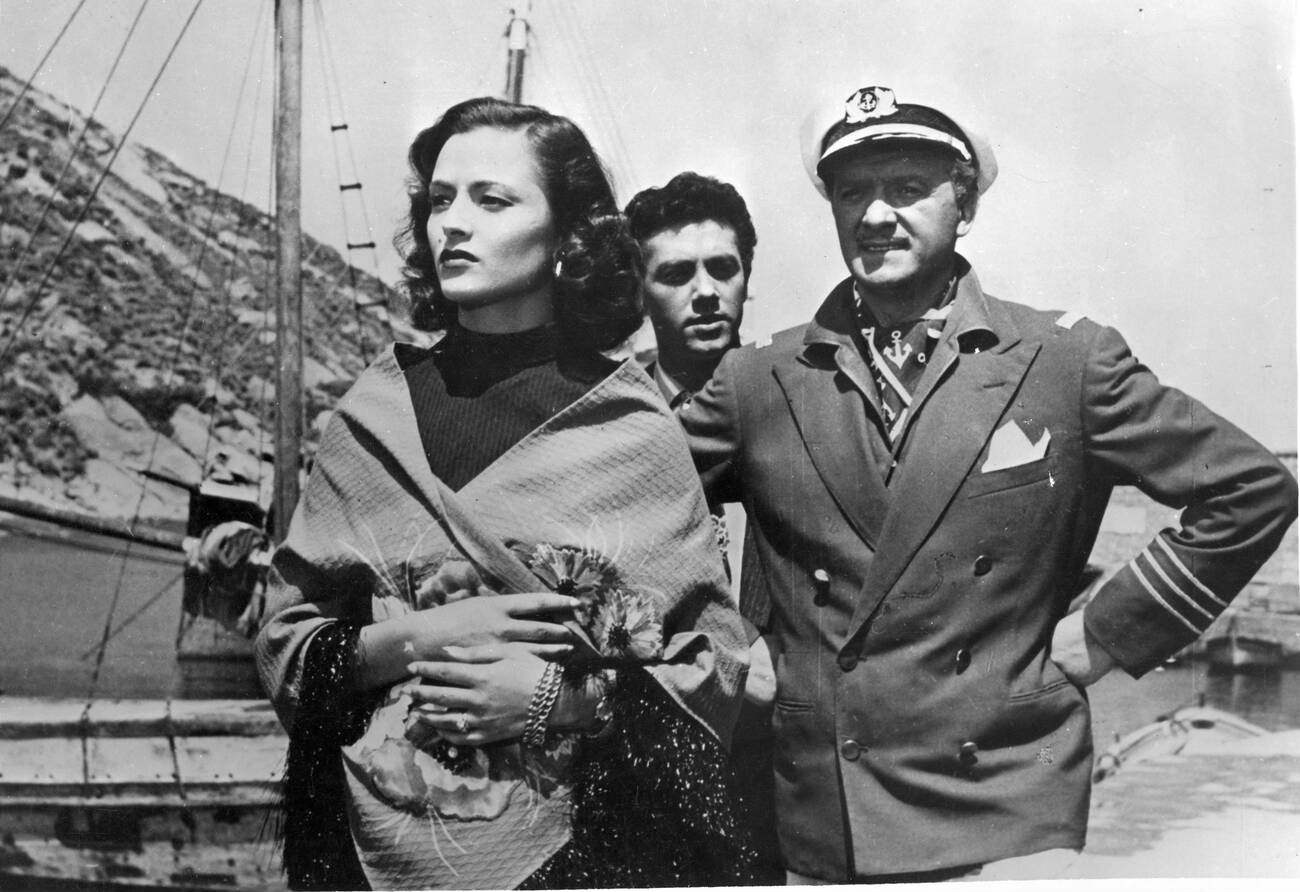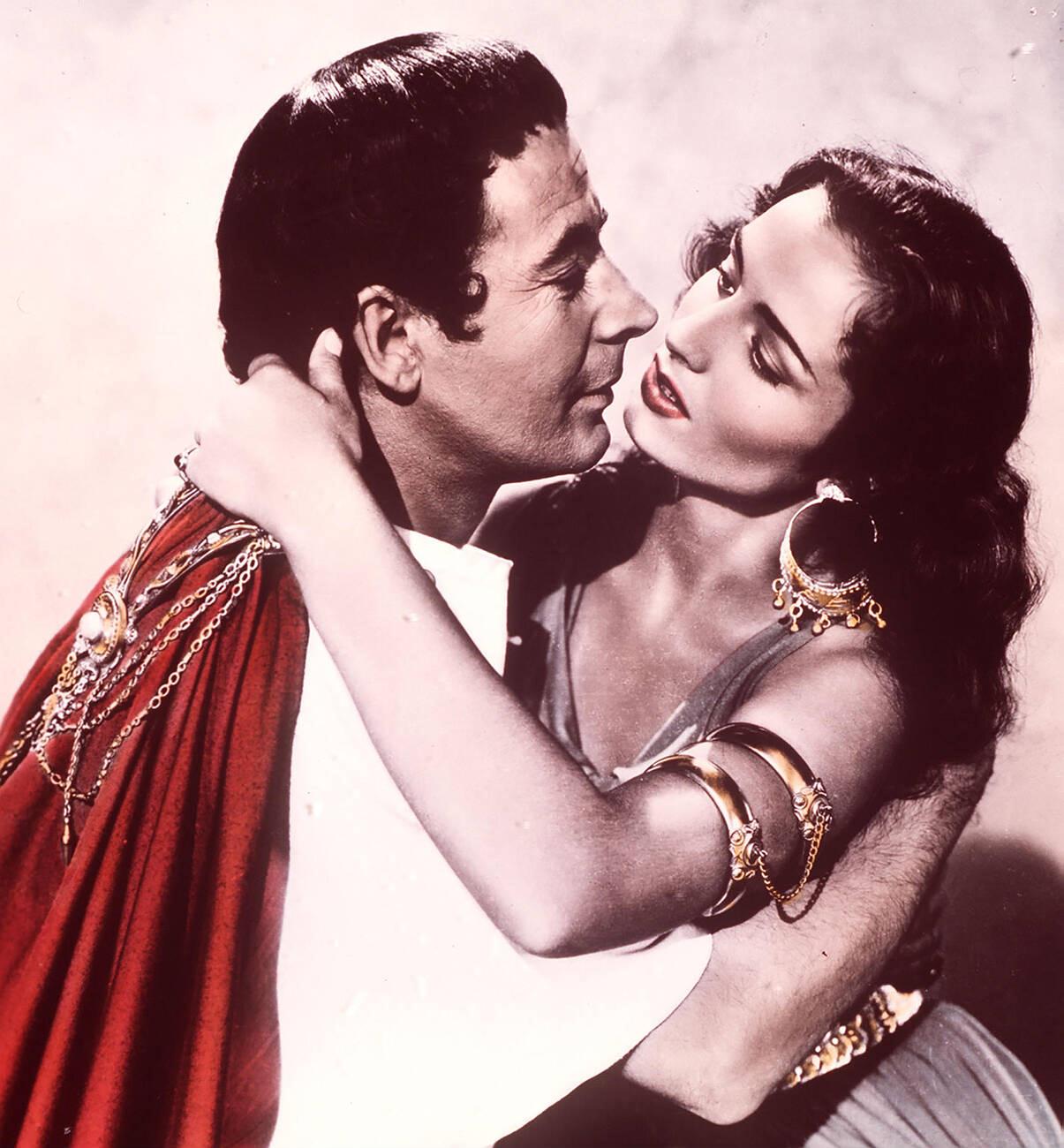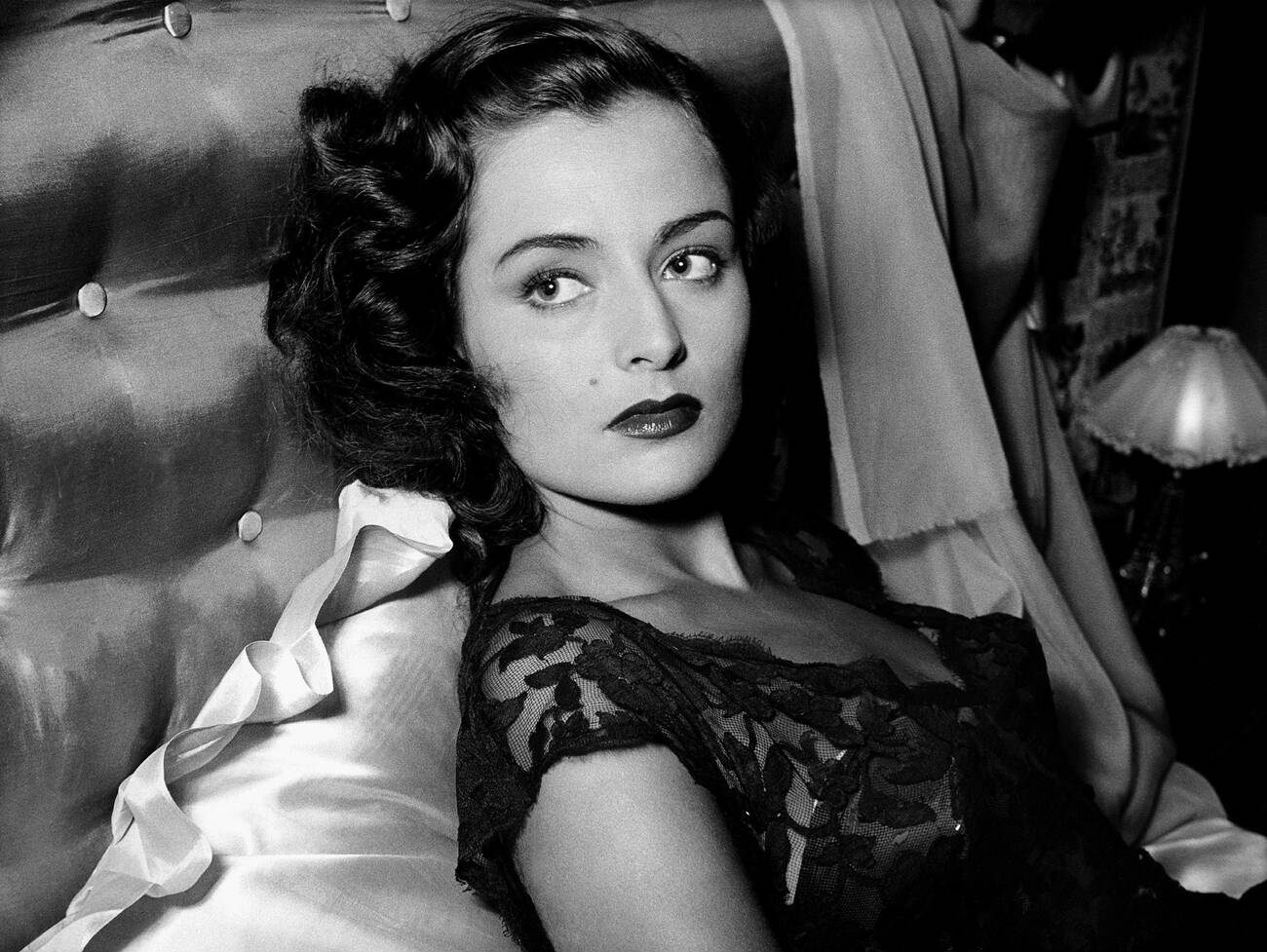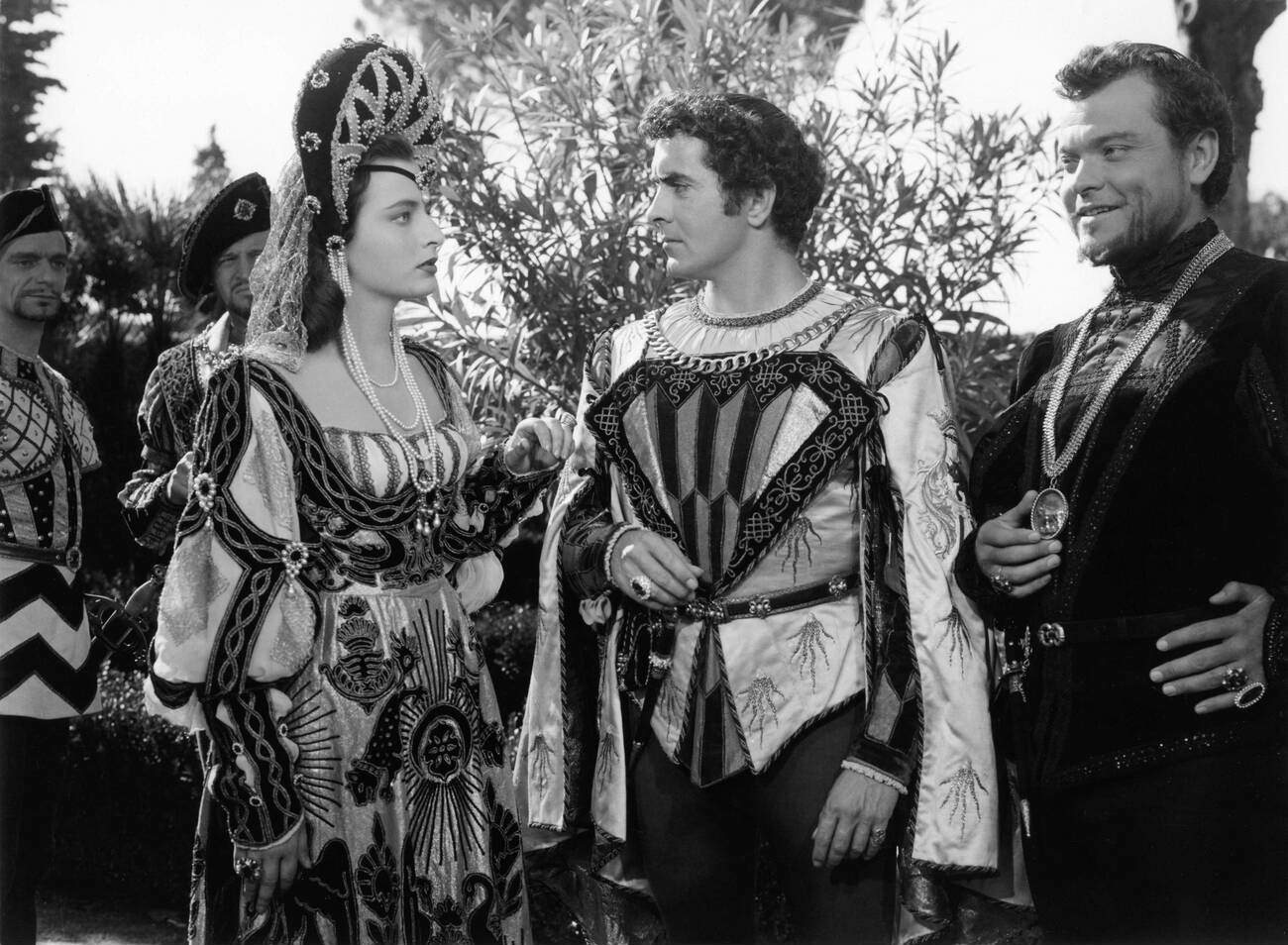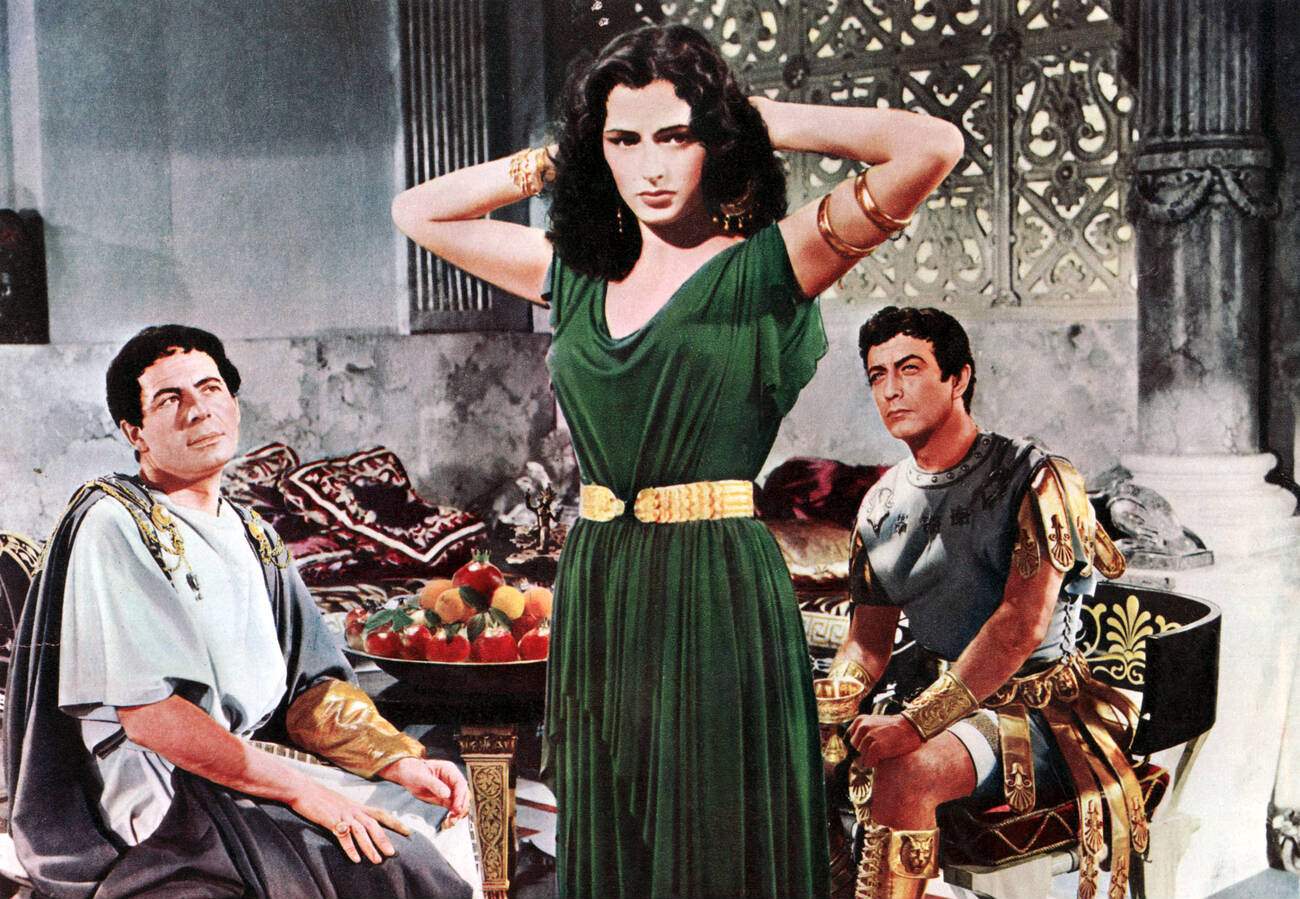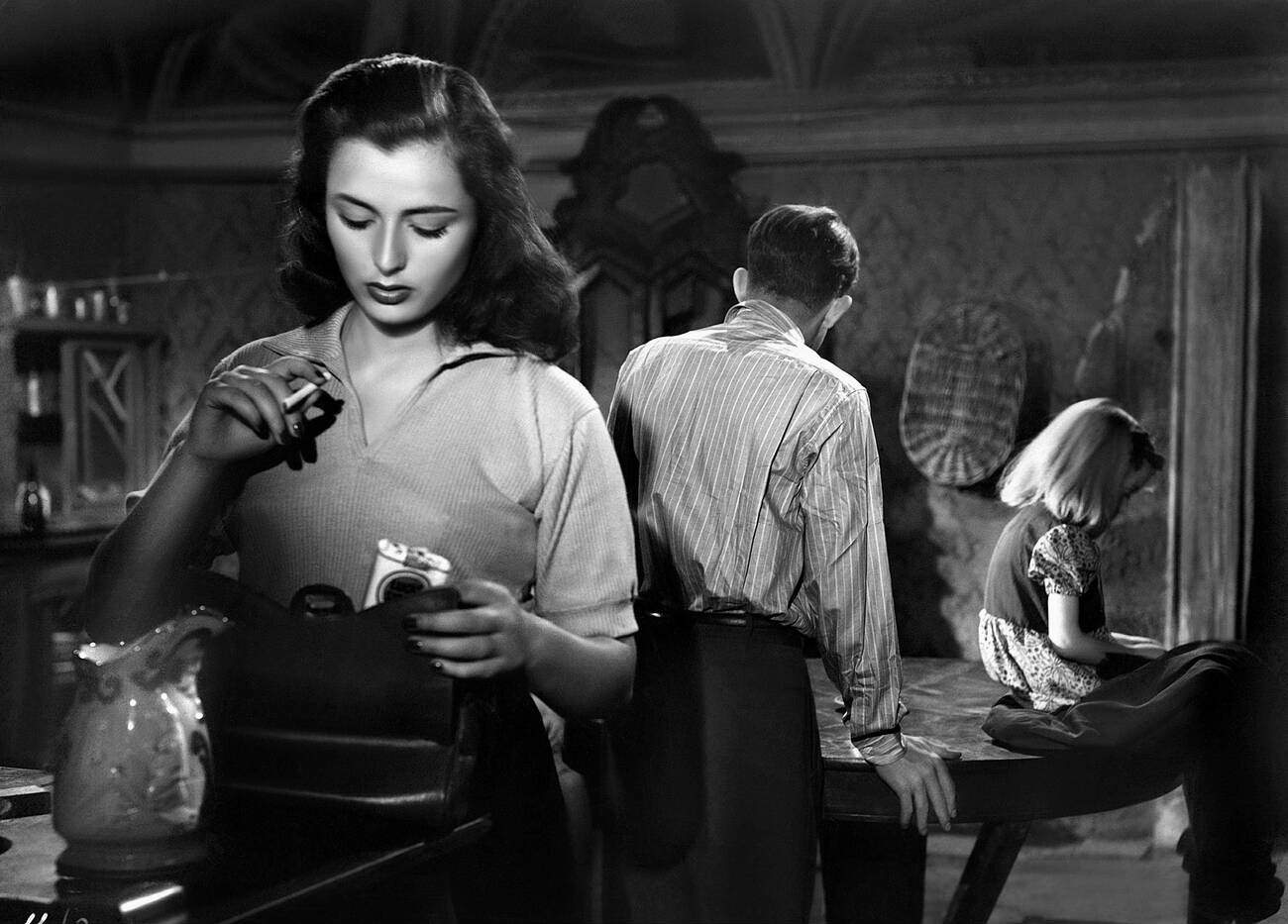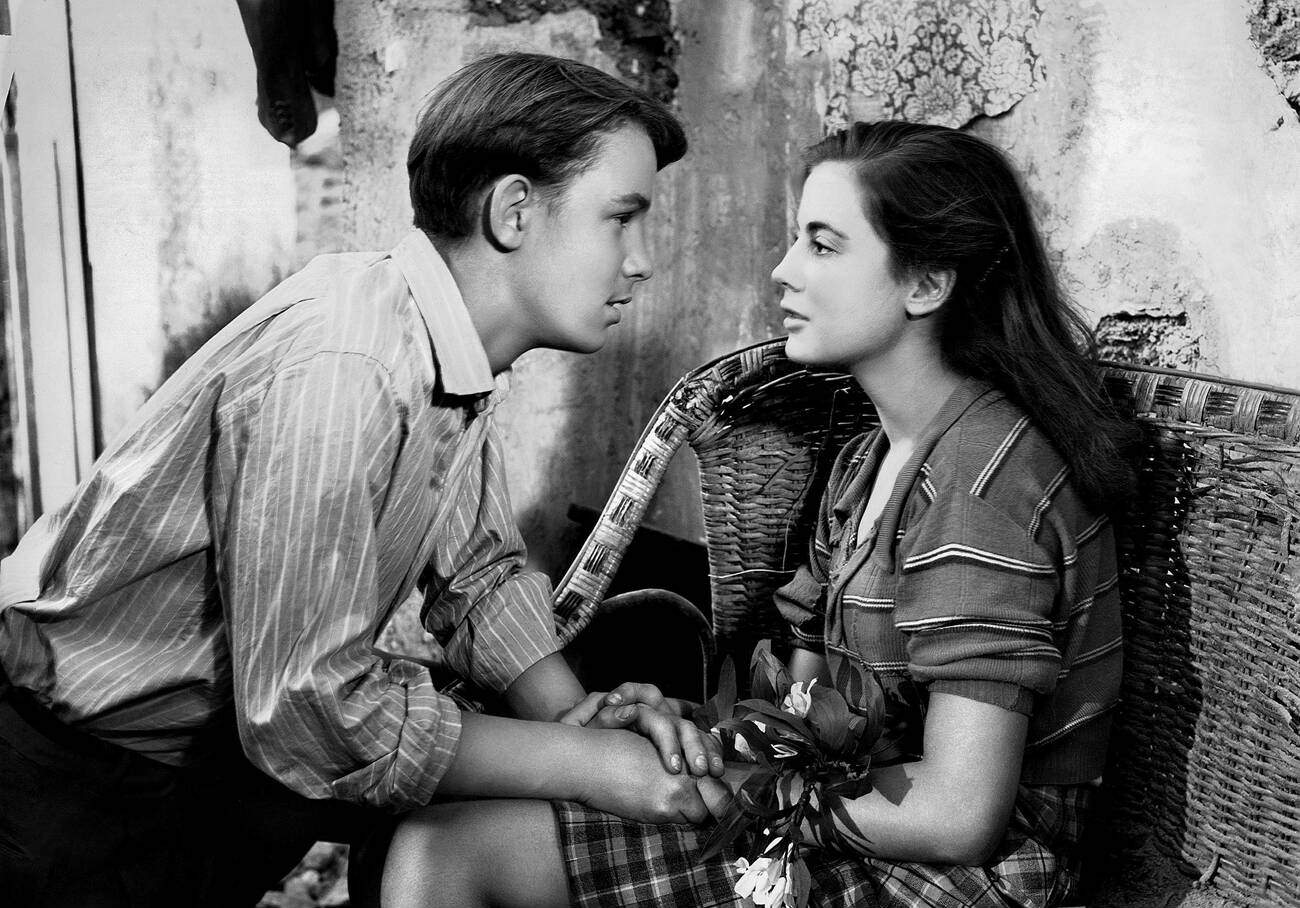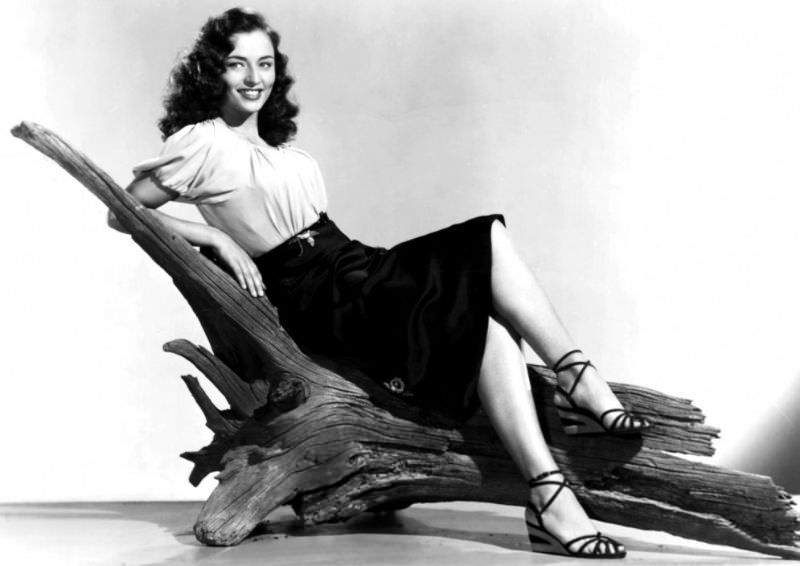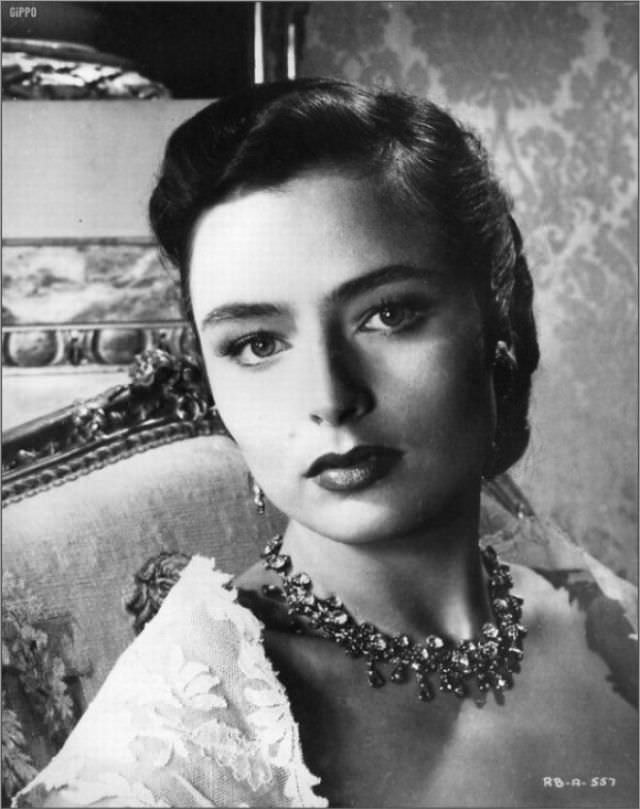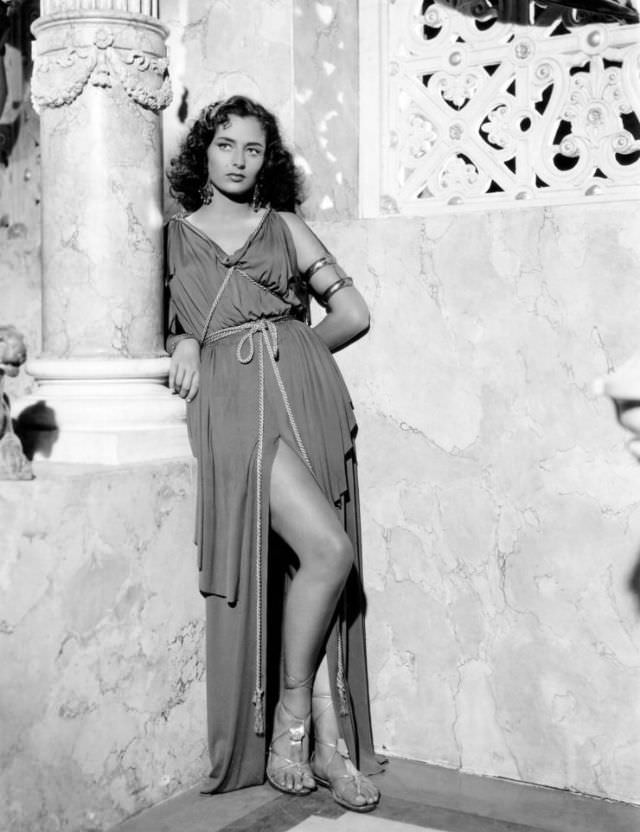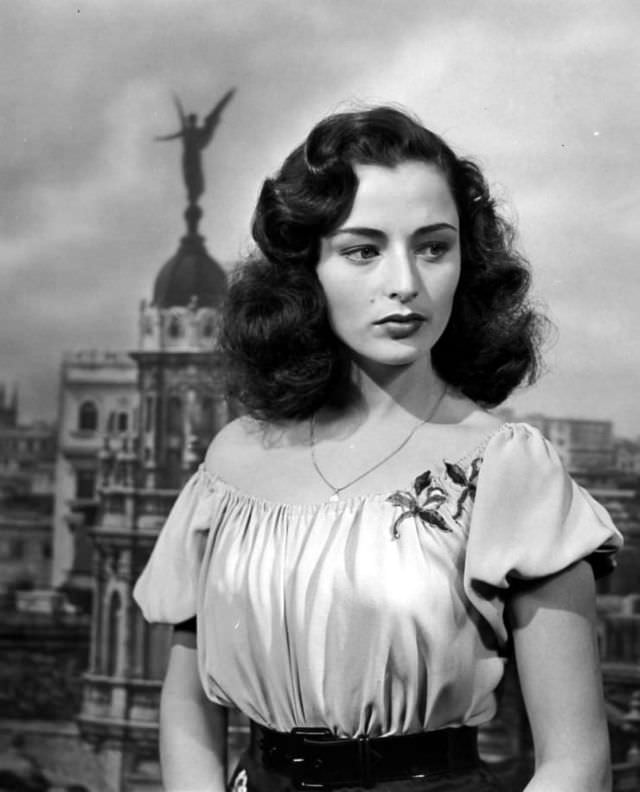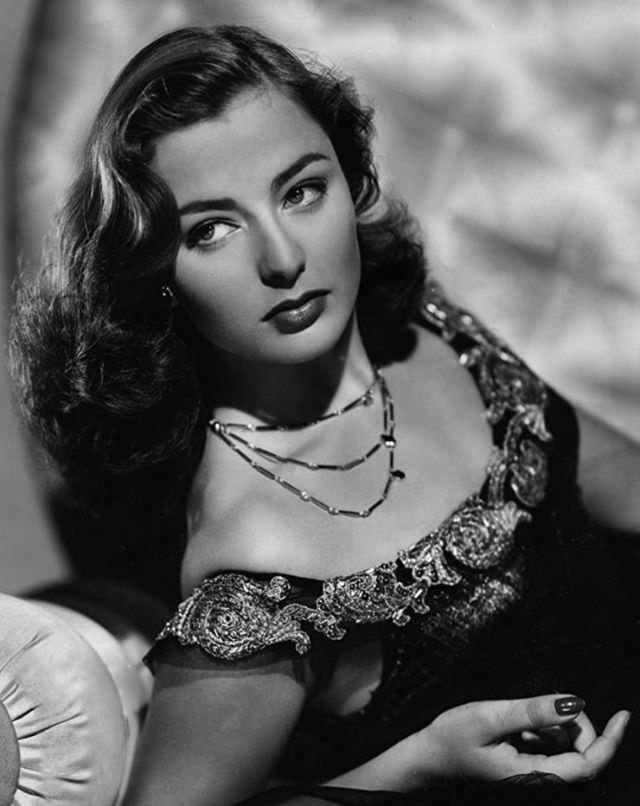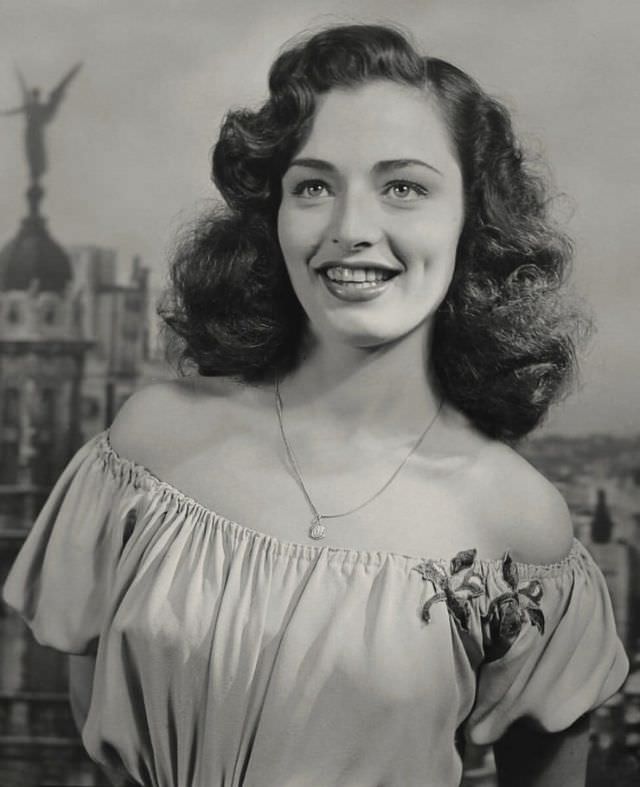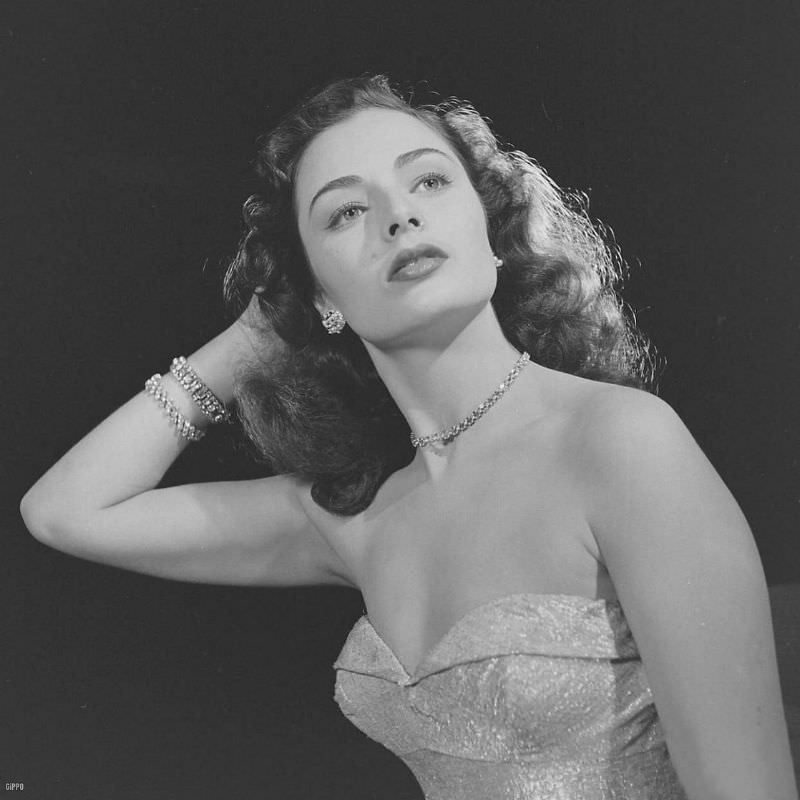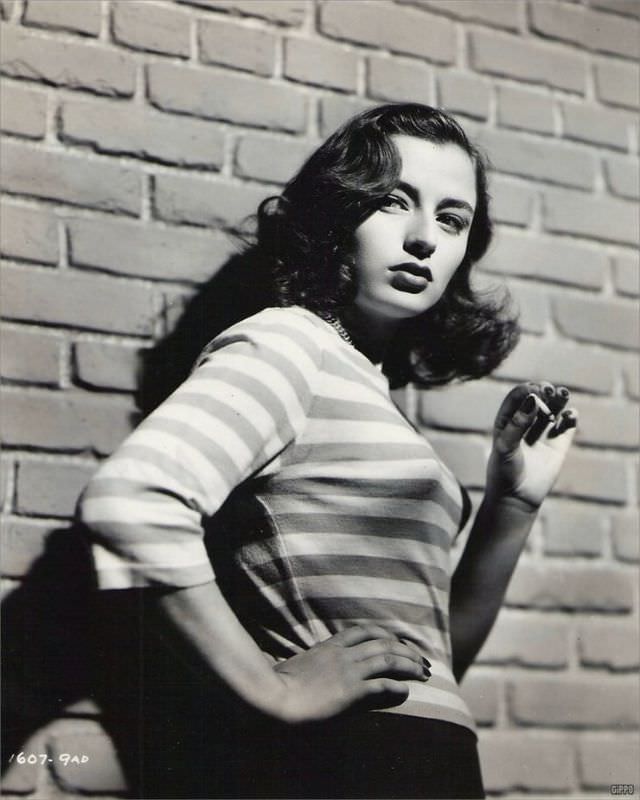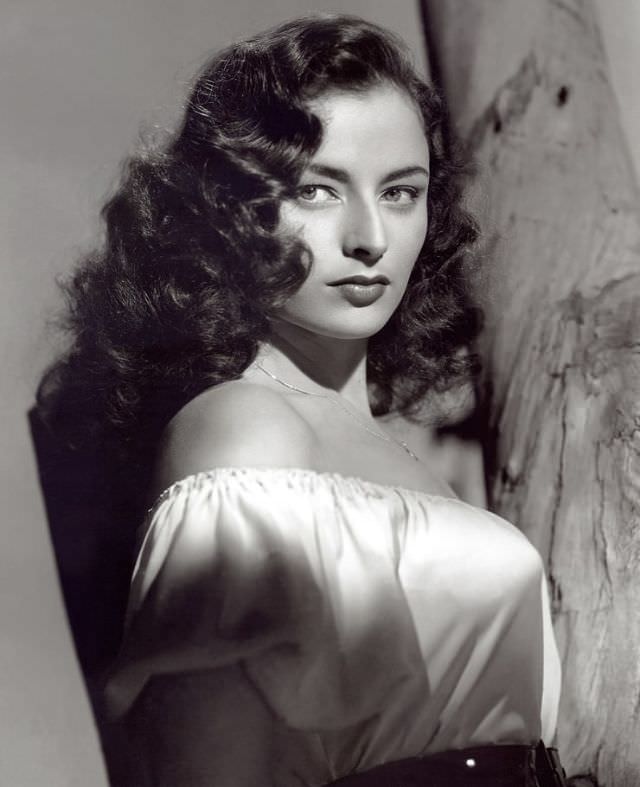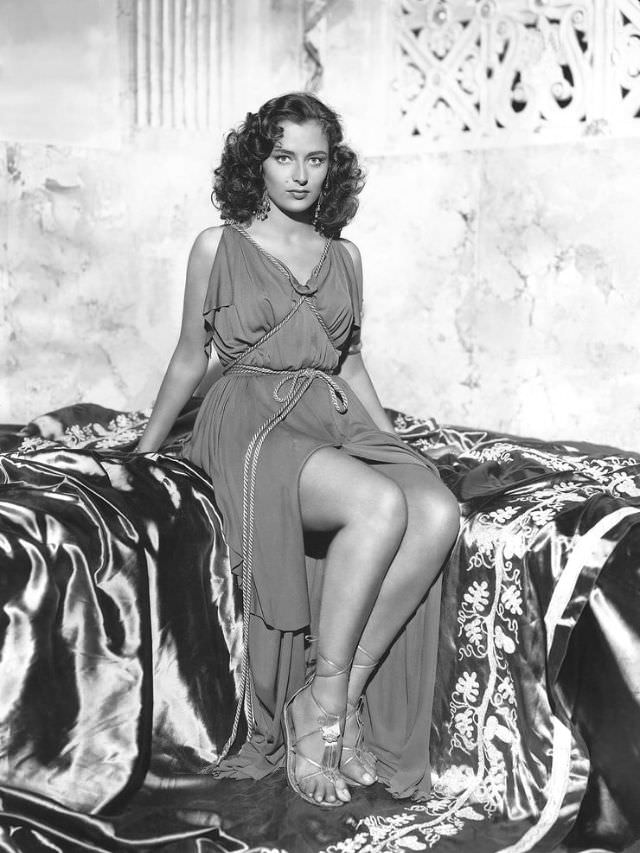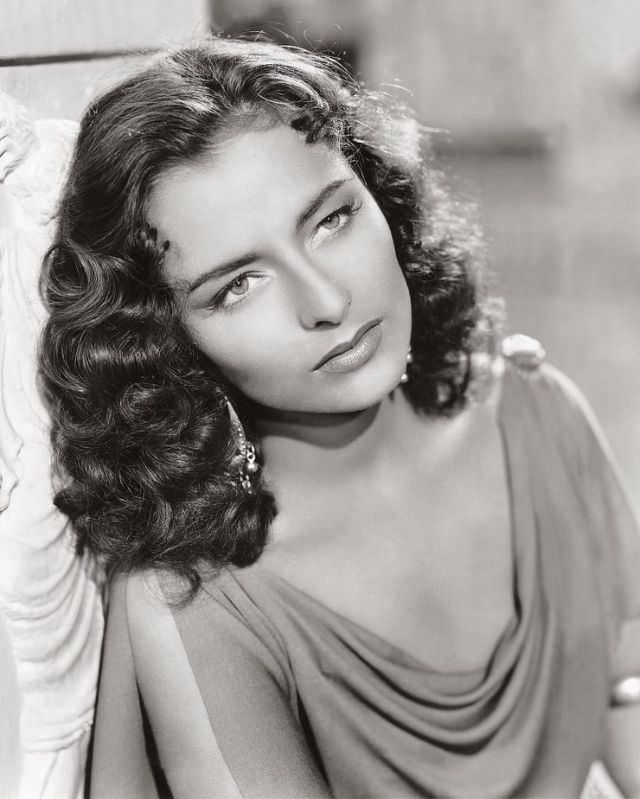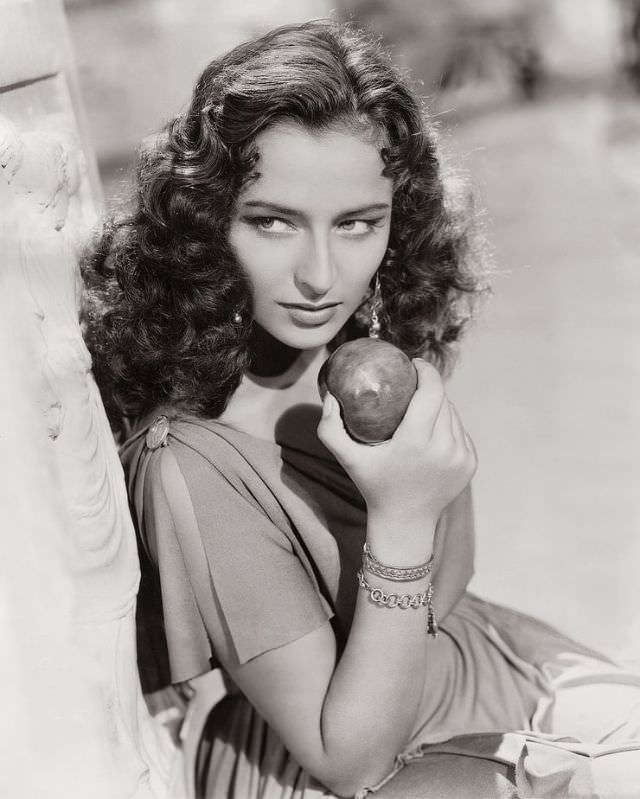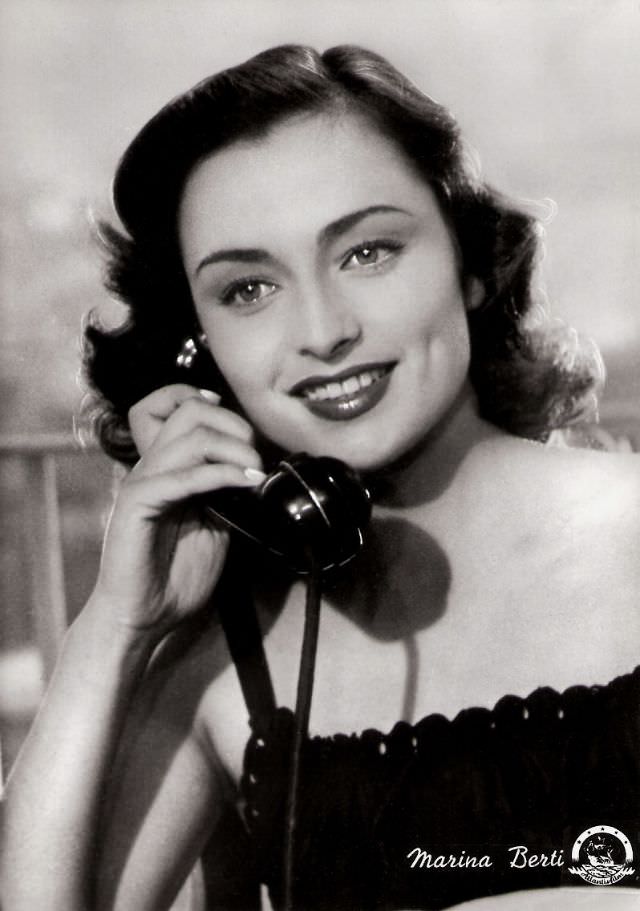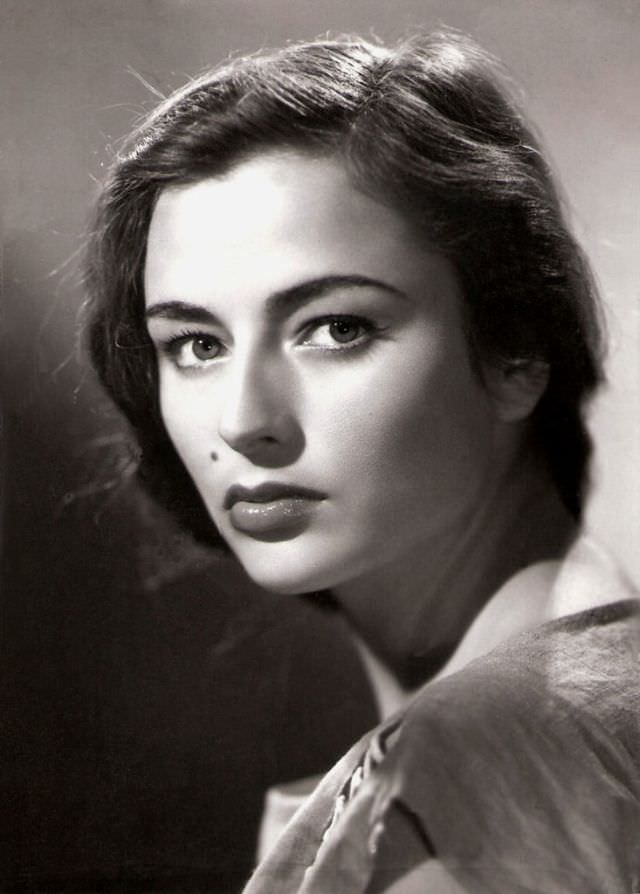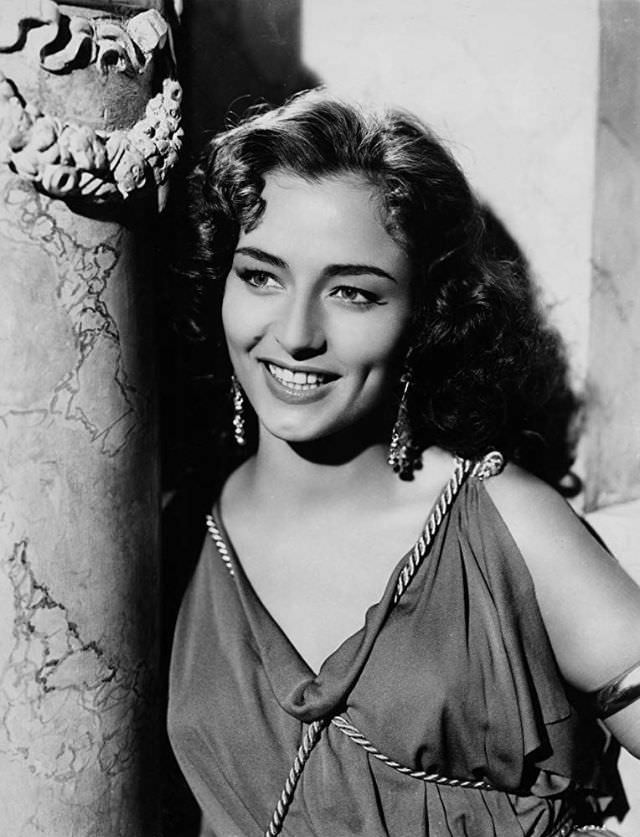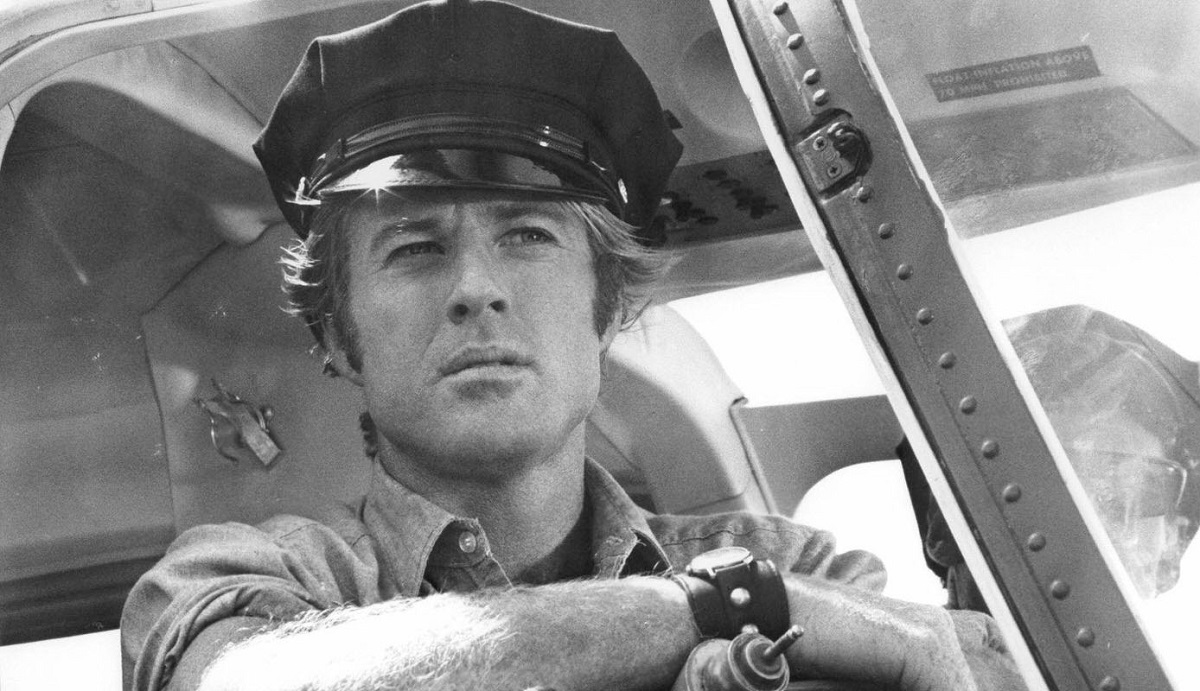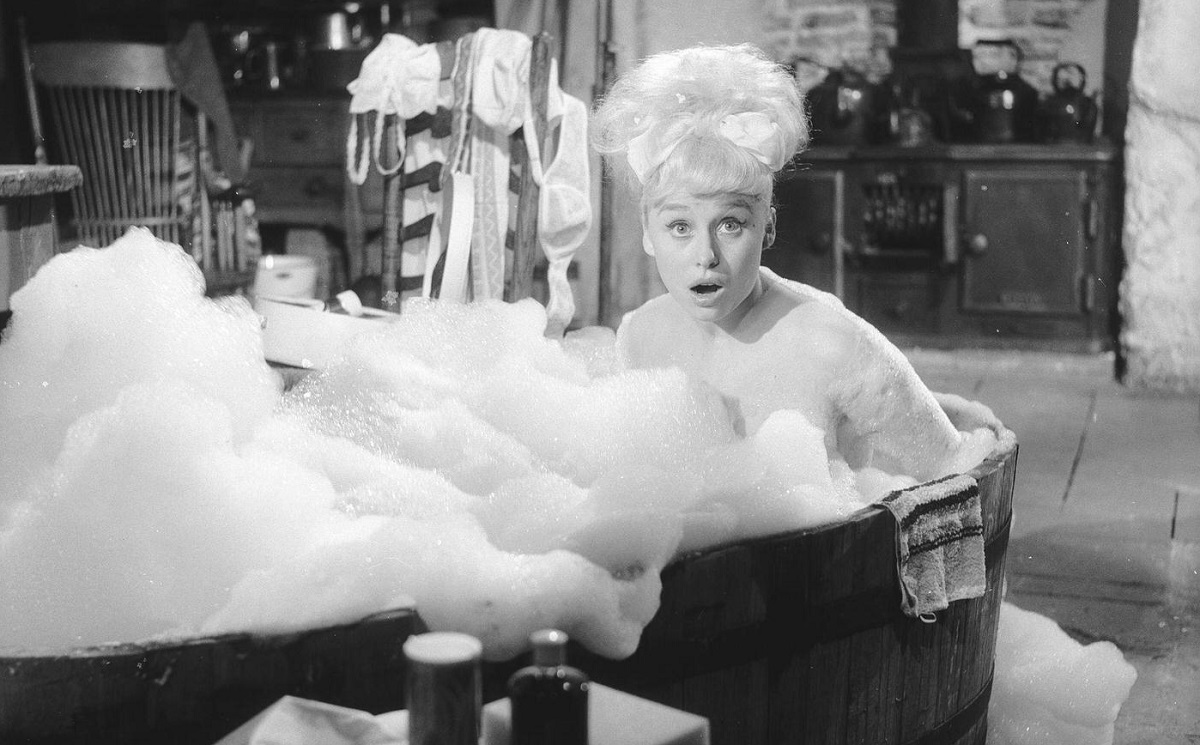Marina Berti, an Italian actress best known for her work in the 1940s, 50s, and 60s, charmed audiences with her captivating beauty and talent. With a career spanning over three decades, Berti appeared in a plethora of Italian and international films, showcasing her versatility and acting prowess. In this post, we will delve into the life and career of Marina Berti, exploring her memorable roles, personal life, and the lasting impact she made on the world of cinema.
Early Life and Beginnings in Film
Born Elena Maureen Bertolini on September 29, 1924, in London, Marina Berti was the daughter of an Italian father and an English mother. The family moved to Italy when Berti was a child, and she grew up in Rome. Berti’s foray into acting began in her late teens, making her film debut in the 1941 Italian film “The King’s Jester” (also known as “The Jester’s Supper”).
Berti’s early roles primarily consisted of supporting parts in Italian films, but her talent and striking beauty quickly caught the attention of filmmakers and audiences alike. As her career progressed, she began to secure more prominent roles and worked with some of the most renowned directors and actors in the Italian and international film industries.
Career Highlights and Notable Films
Throughout her career, Marina Berti appeared in over 100 films, showcasing her versatility as an actress by taking on a wide range of roles across various genres. Some of her most notable films include “Quo Vadis” (1951), “Ben-Hur” (1959), and “Cleopatra” (1963).
In “Quo Vadis,” an epic historical drama set during the reign of Emperor Nero, Berti played the role of Eunice, a slave who falls in love with her master. The film was a major international success and helped to solidify Berti’s status as a talented and sought-after actress.
“Ben-Hur,” another historical epic, saw Berti playing the role of Flavia, a friend of the titular character. The film, starring Charlton Heston in the lead role, was a massive success both critically and commercially, winning 11 Academy Awards and further bolstering Berti’s reputation as a skilled actress.
In “Cleopatra,” Berti had the opportunity to share the screen with Elizabeth Taylor, Richard Burton, and Rex Harrison. Though her role as Octavia Minor was relatively small, her appearance in this lavish historical epic exemplified her continued presence in high-profile, big-budget productions.
In addition to her work in historical epics, Berti appeared in a diverse array of films, including dramas, comedies, and adventure films. Some other noteworthy films in her filmography include “Theodora, Slave Empress” (1954), “War and Peace” (1956), and “The Shoes of the Fisherman” (1968).
Personal Life and Relationships
Marina Berti’s personal life was marked by her marriage to Claudio Gora, an Italian actor, and director, in 1944. The couple had a strong and lasting relationship, raising four children together: Andrea, Marina, Carlo, and Christina. All of their children went on to pursue careers in the entertainment industry, with Andrea becoming a successful actor and Carlo a renowned cinematographer.
Berti’s marriage to Gora was a testament to their shared love and passion for the arts, and the couple remained together until her death in 2002.
Later Years and Passing
As she aged, Marina Berti gradually stepped back from acting, with her final film appearance occurring in 1981’s “Nessuno è perfetto” (“Nobody’s Perfect”). After retiring from the screen, Berti continued to live a private life, devoting her time to her family and enjoying a well-deserved respite from the demands of her acting career.
On October 29, 2002, Marina Berti passed away in Rome at the age of 78. Her death marked the end of an illustrious career that had spanned over four decades, leaving behind a rich legacy of memorable performances and unforgettable films.
Legacy
Marina Berti’s contributions to the world of cinema, particularly in the realm of historical epics, have left a lasting impression on audiences and film aficionados alike. Her work in films like “Quo Vadis,” “Ben-Hur,” and “Cleopatra” showcases her ability to captivate viewers with her beauty, grace, and undeniable talent.
Though she may not be as widely known as some of her contemporaries, Berti’s career serves as a testament to the vibrant and diverse landscape of Italian cinema during the mid-20th century. Her roles in numerous Italian and international productions helped to bridge the gap between cultures, introducing Italian talent to audiences around the world.
Here are some beautiful photos of Marina Berti from her acting career and personal life.


